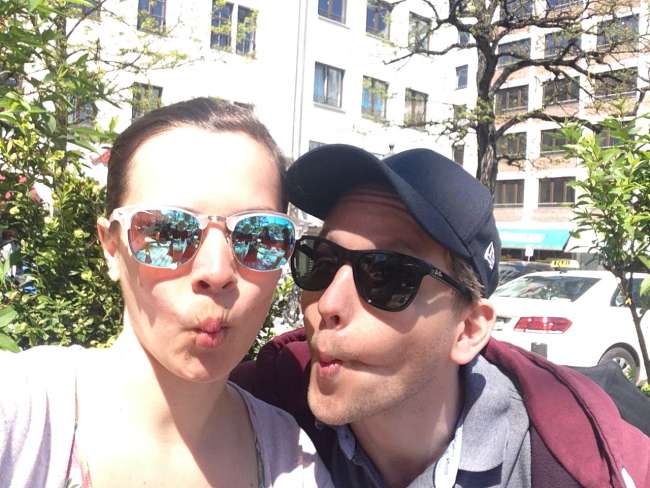New Zealand - South Island
Objavljeno: 21.02.2017
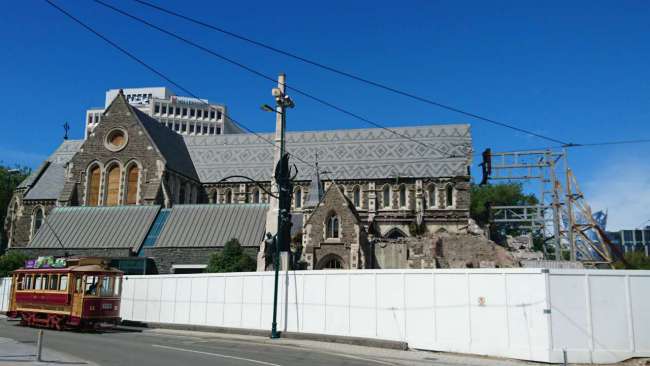
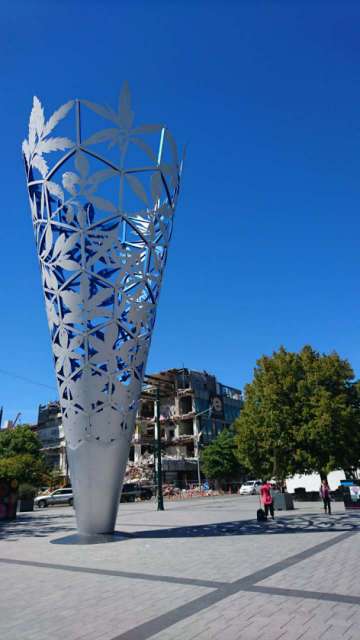
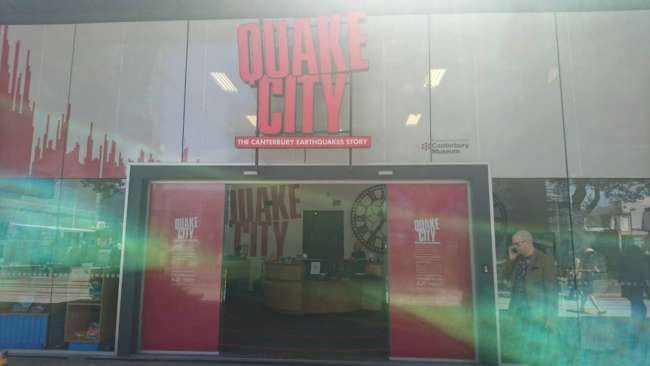
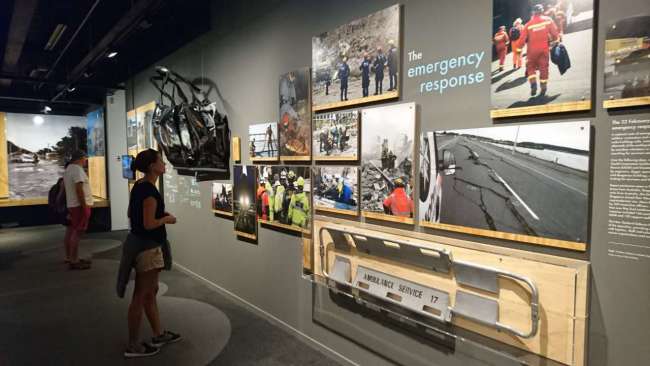
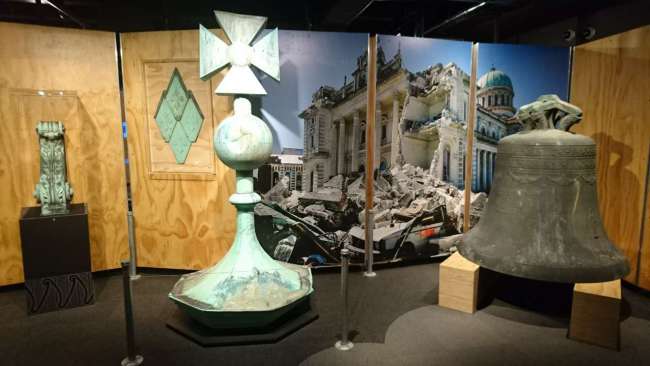
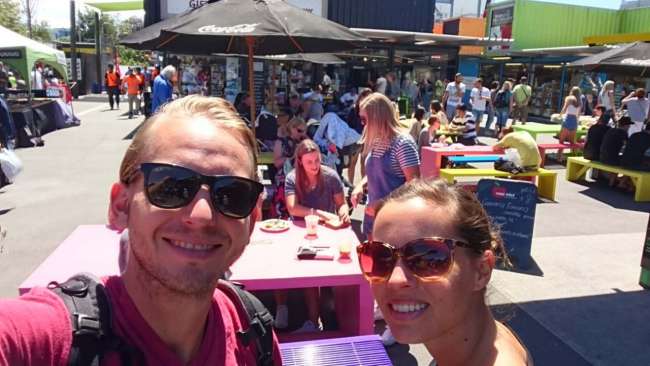
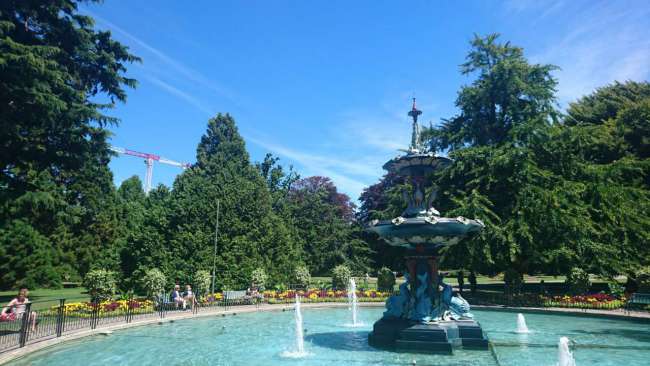
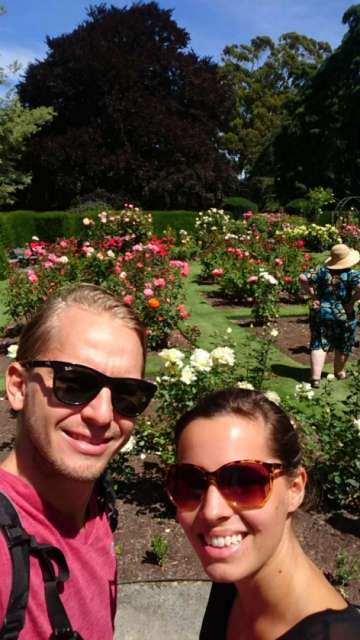
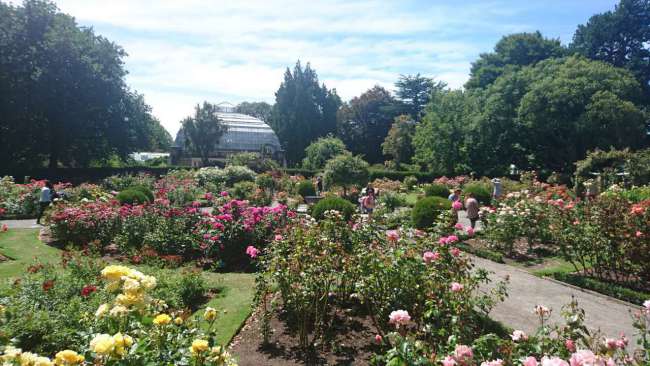
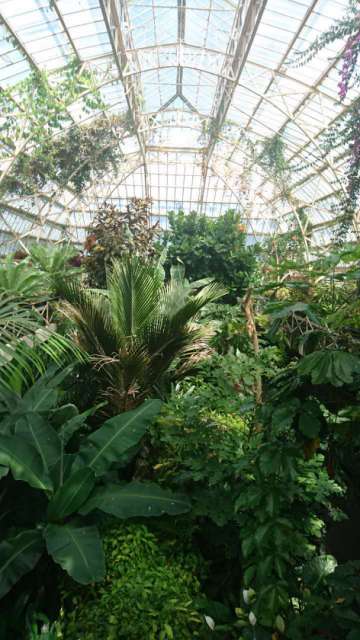
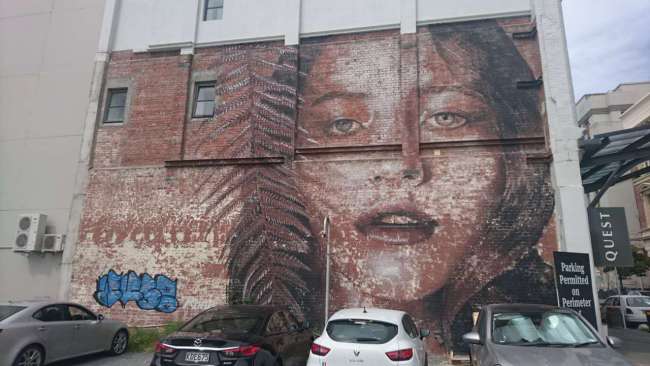
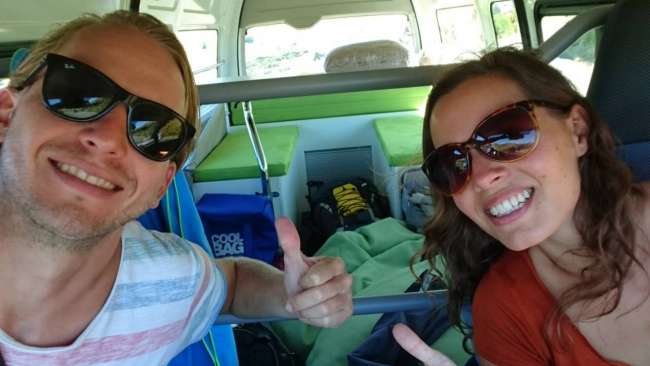
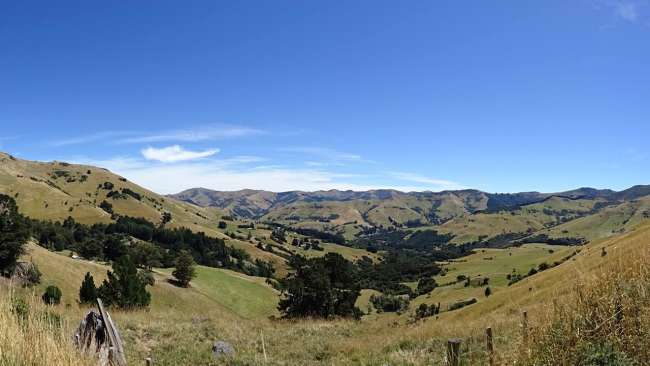
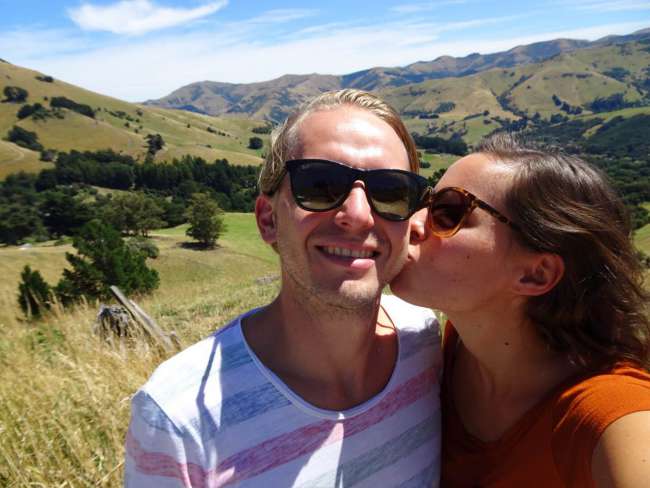
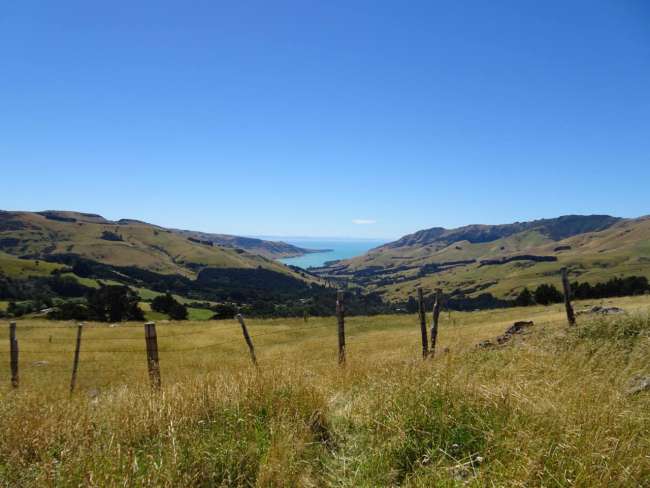
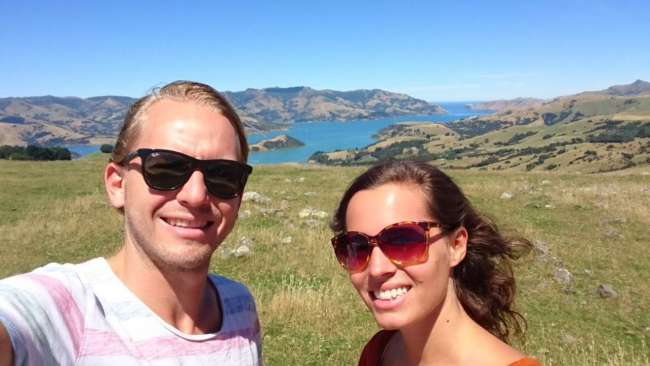
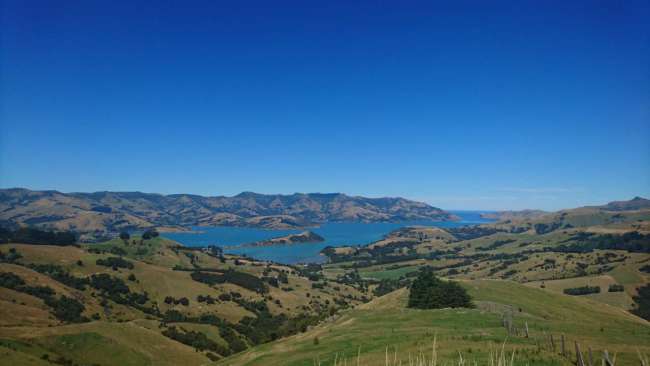
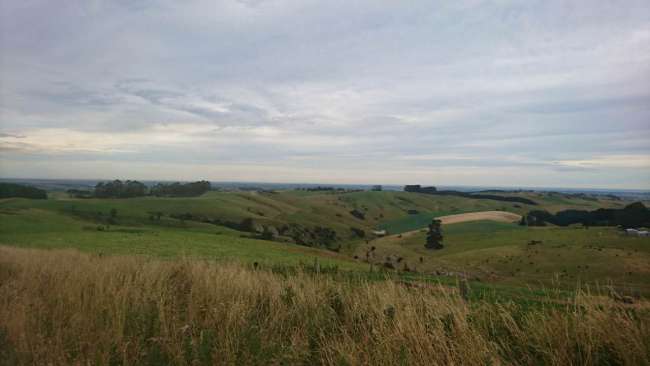
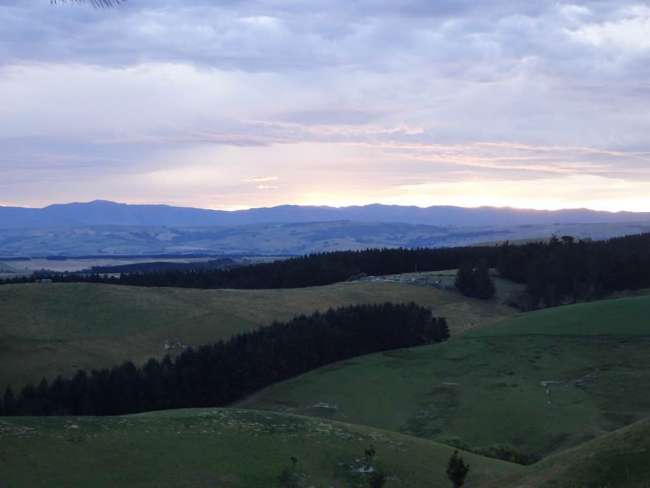
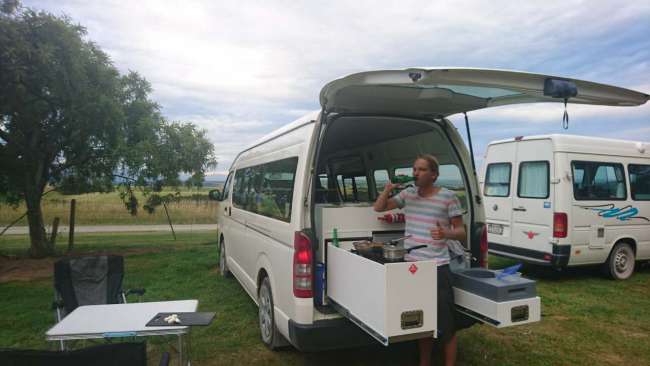
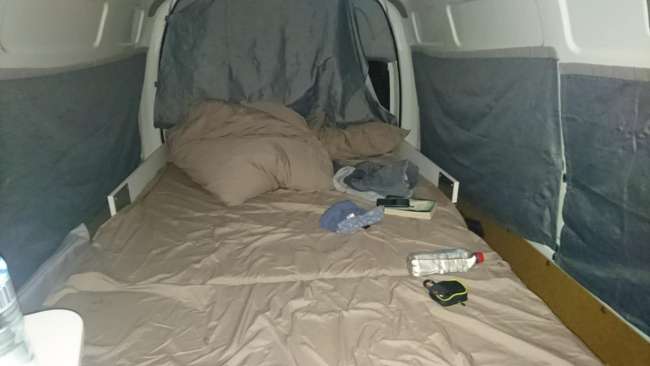
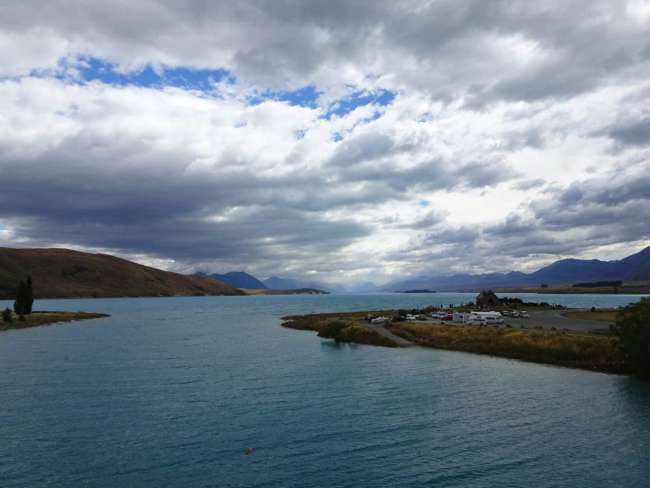
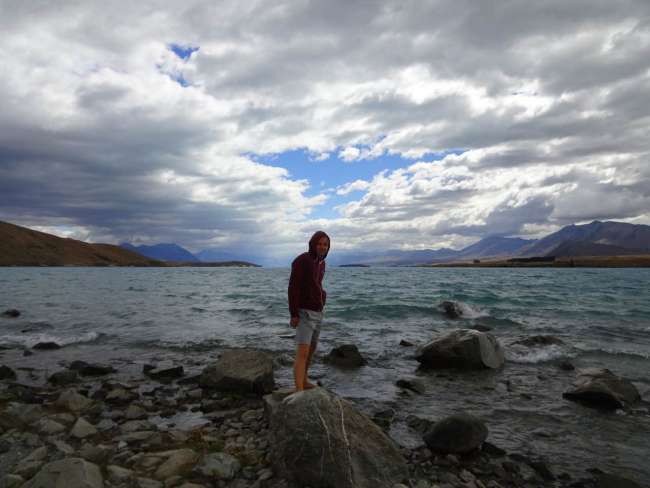
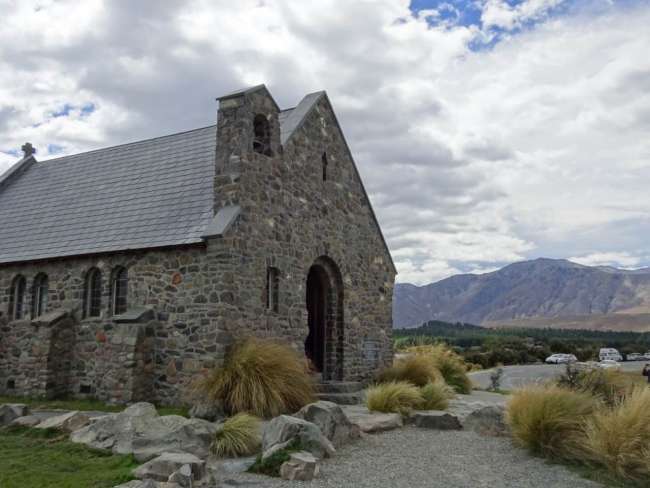
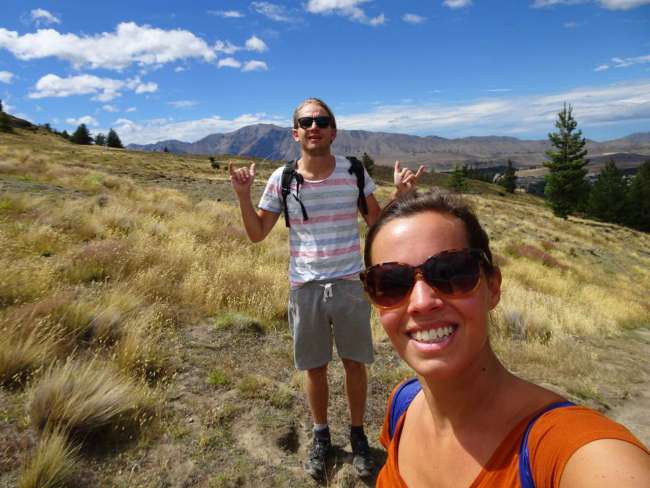
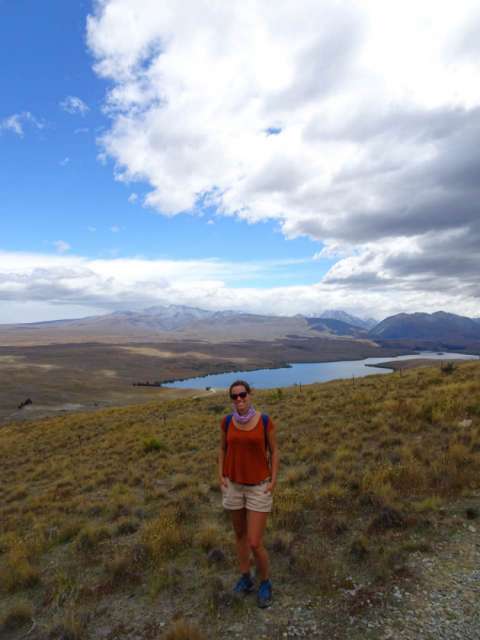
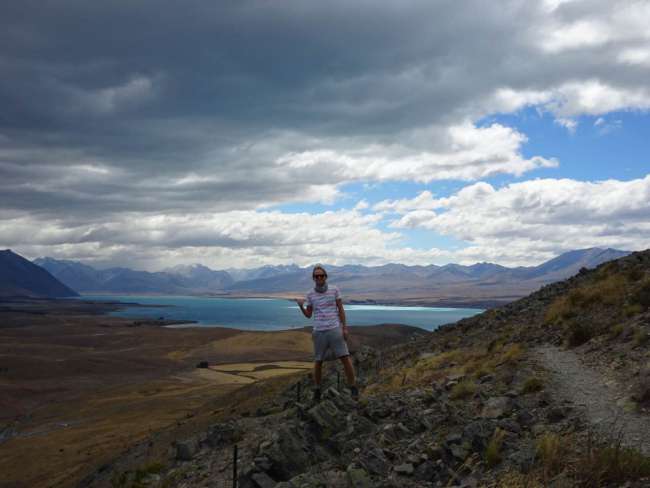
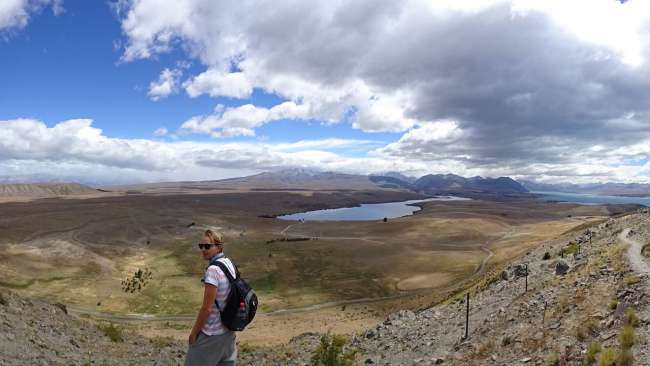
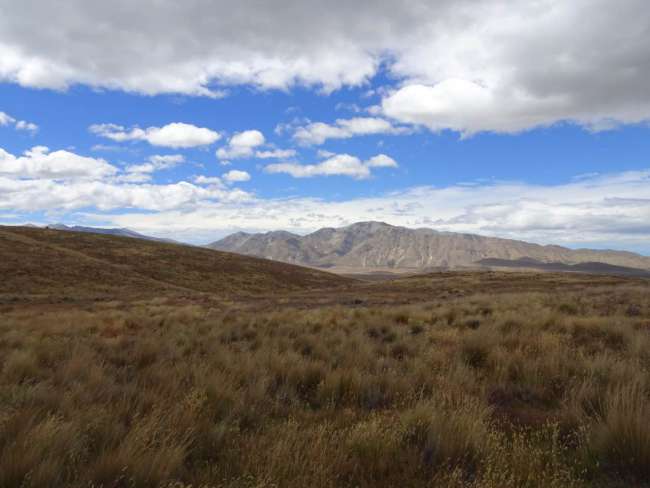
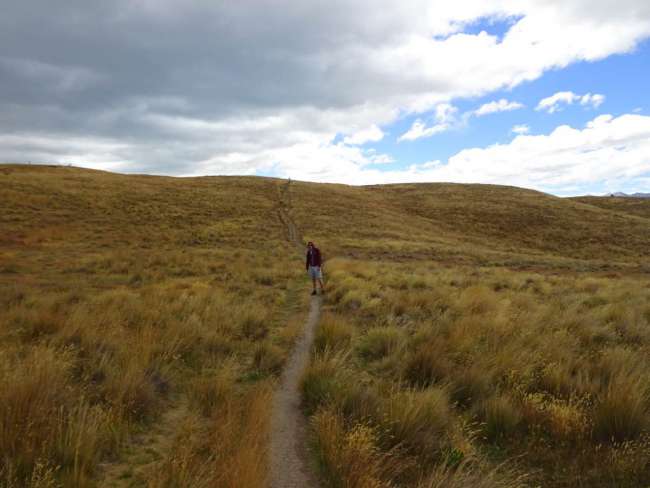
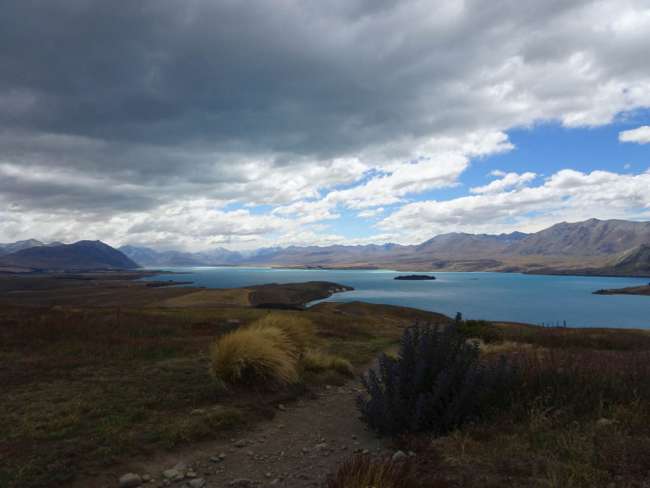
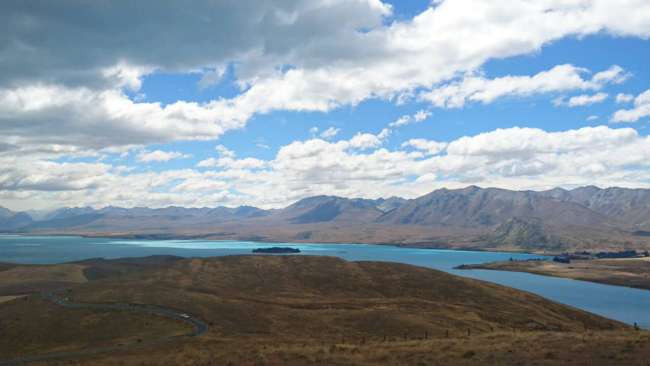
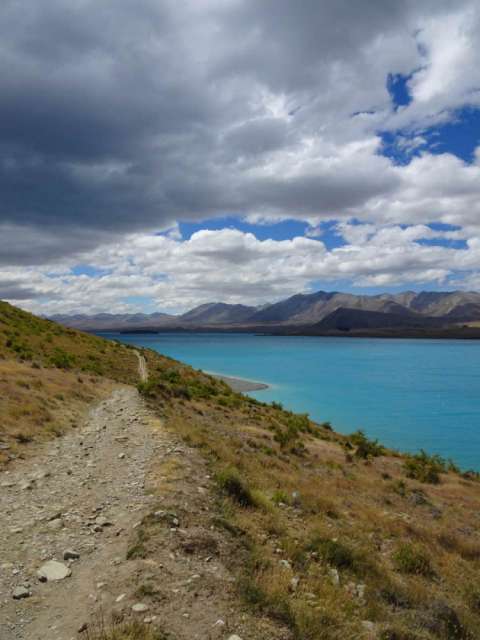
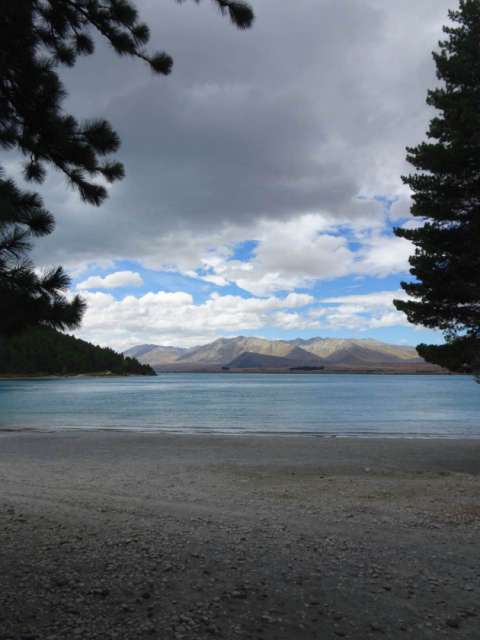
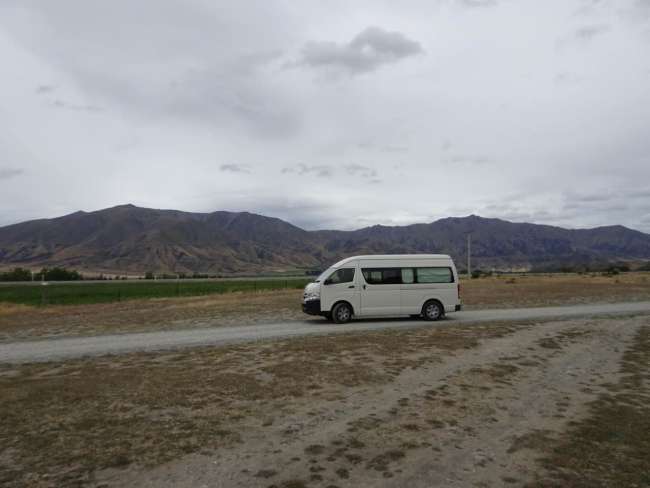
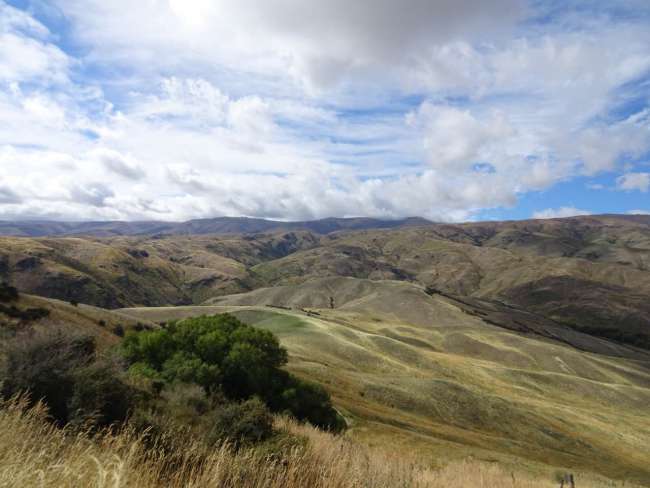
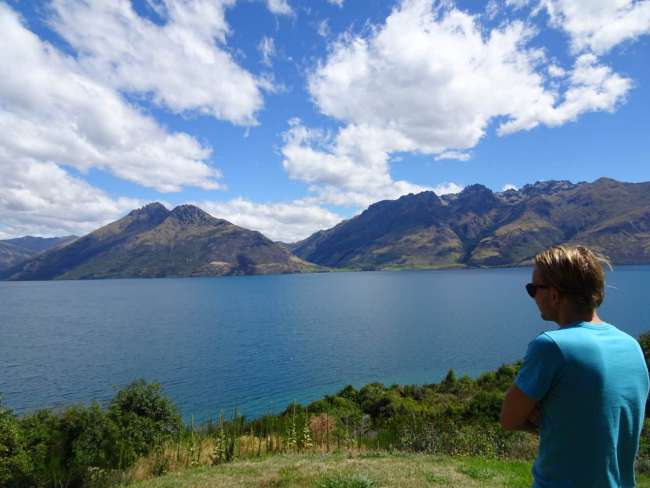

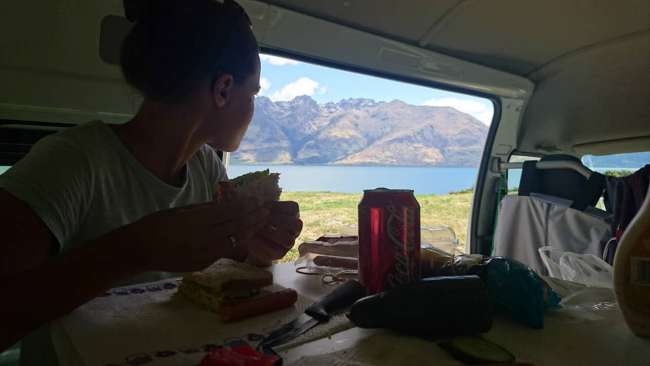
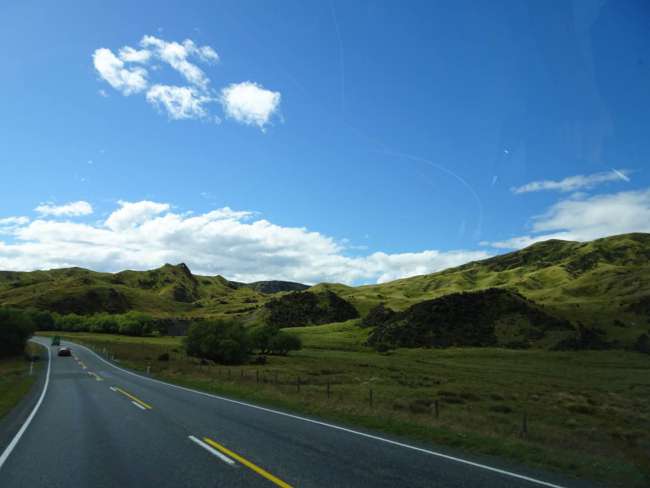
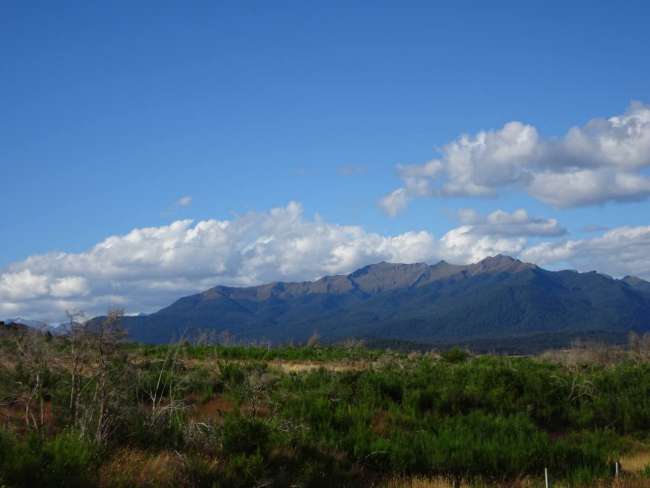
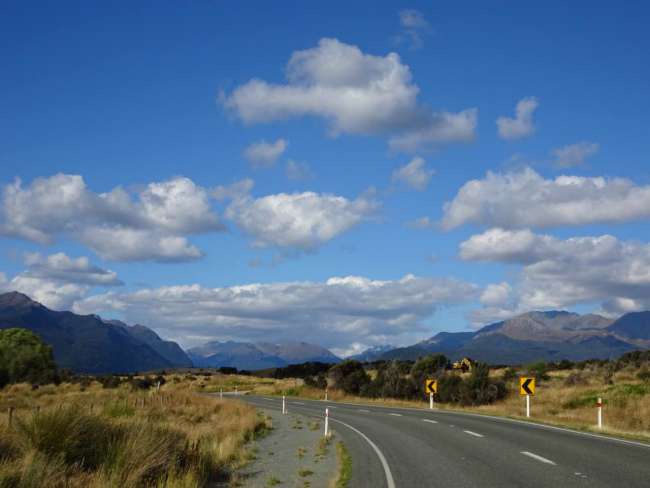
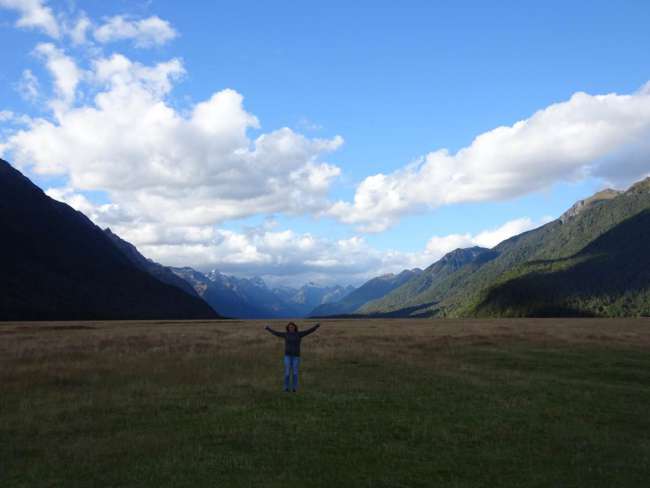

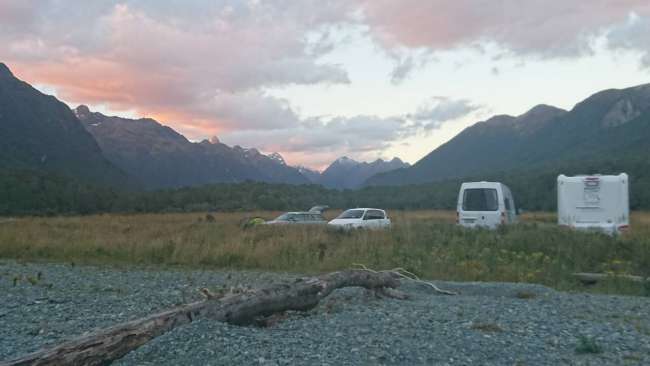
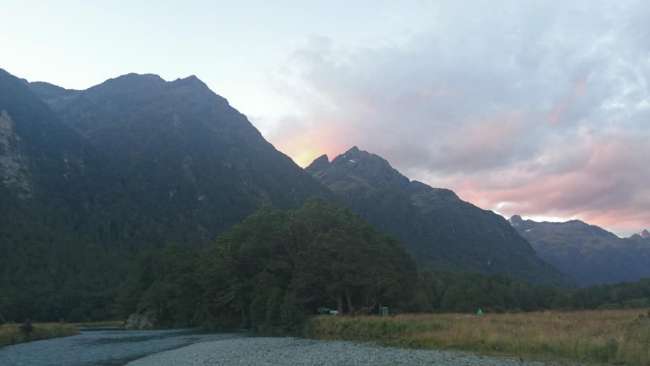
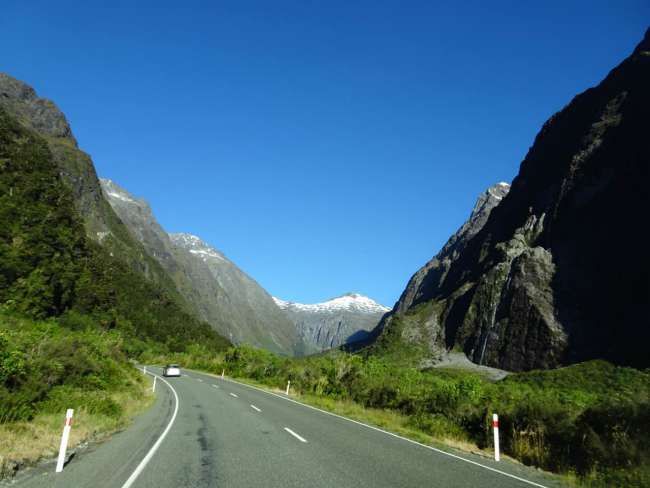
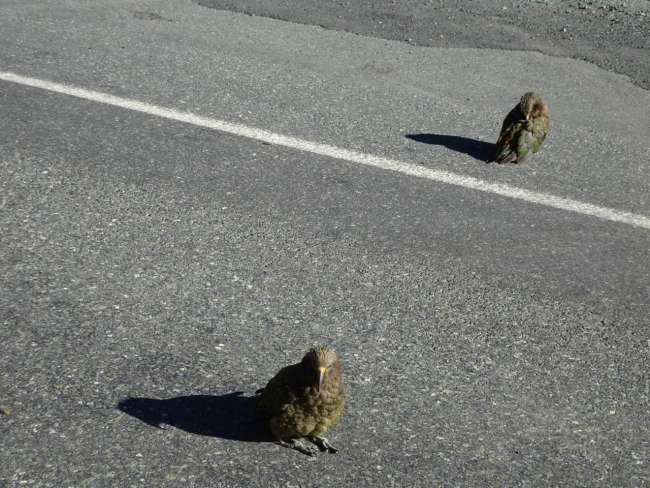
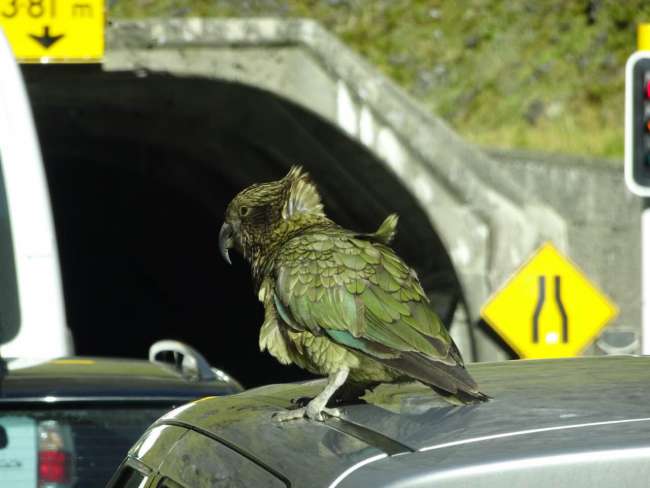
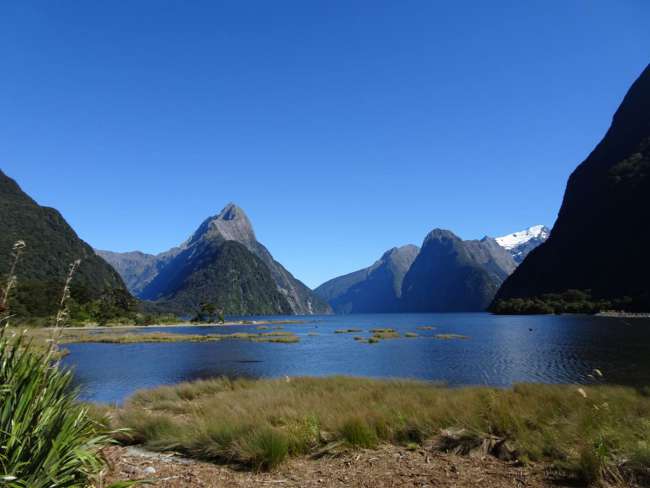
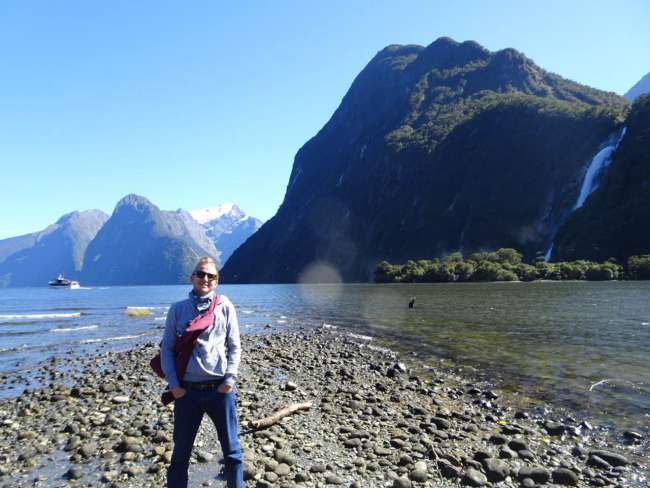
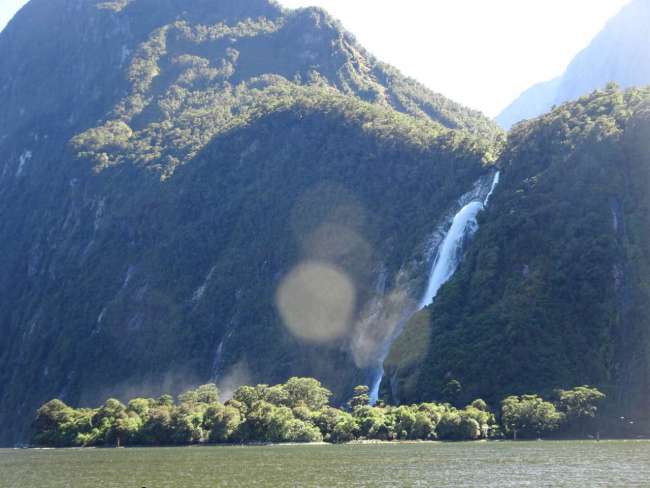

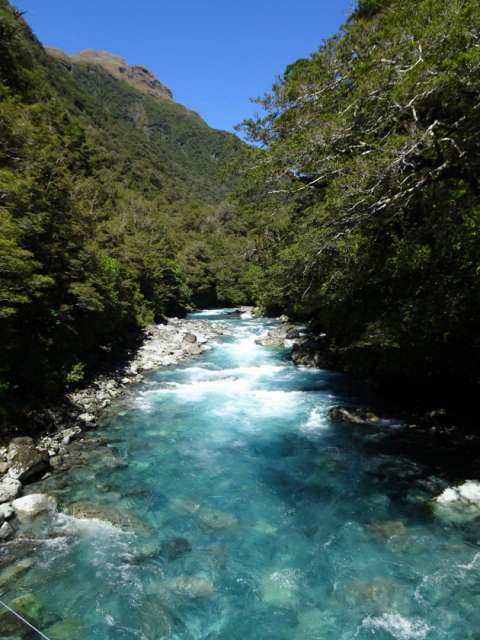
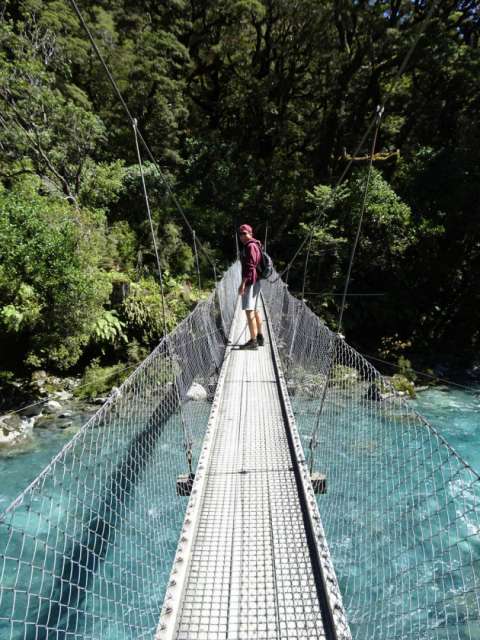
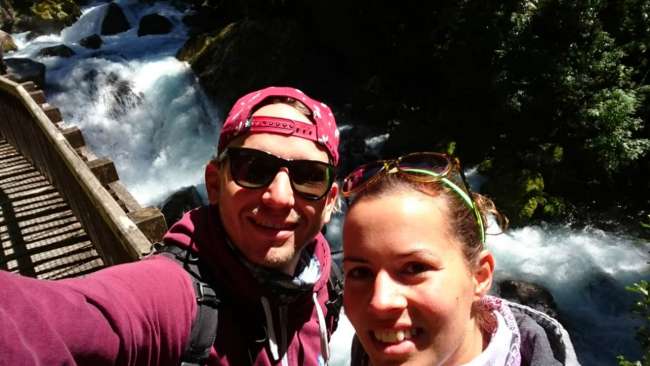
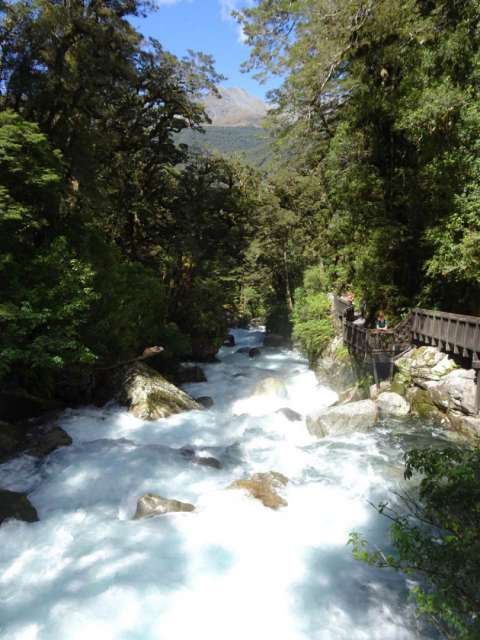
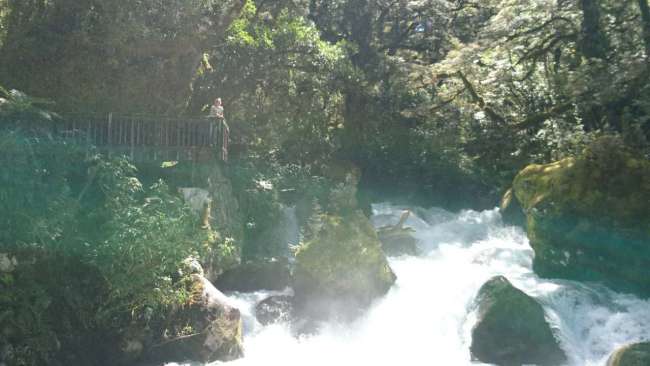
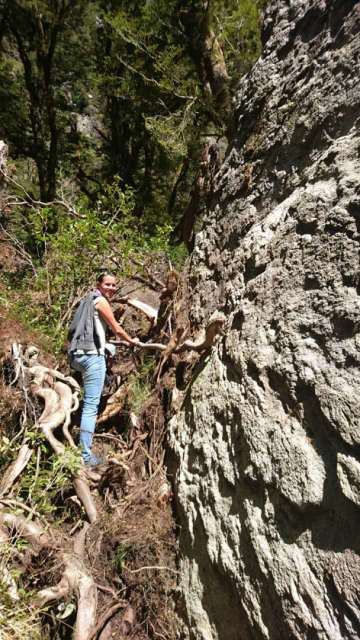
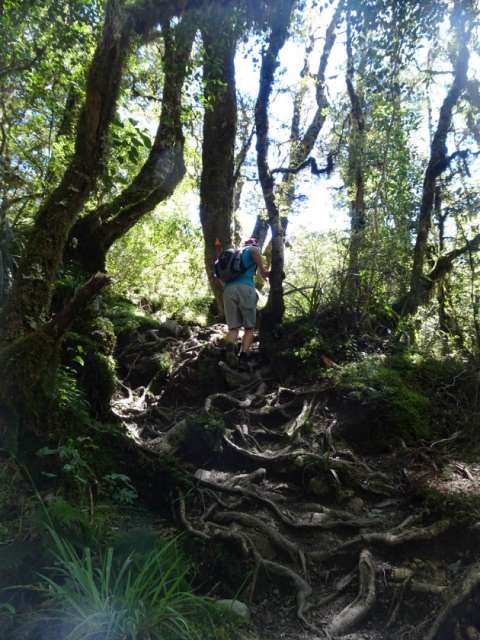
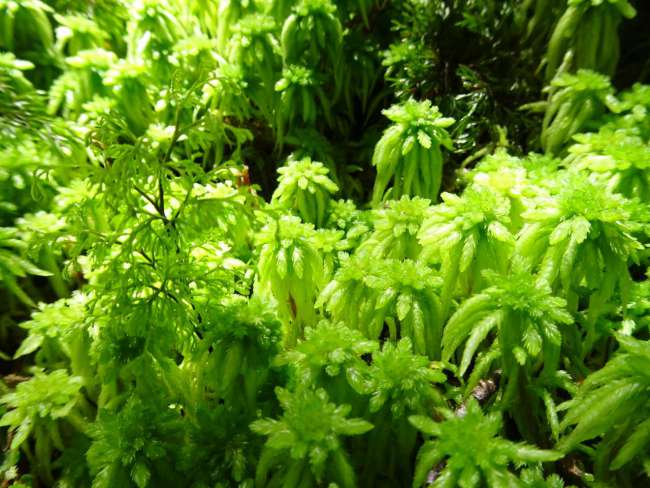
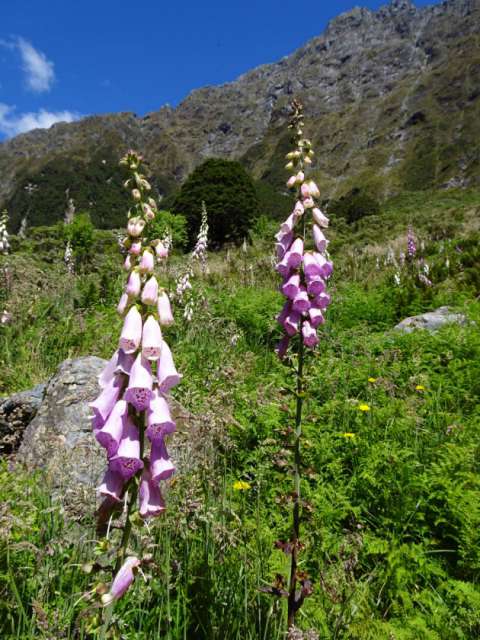
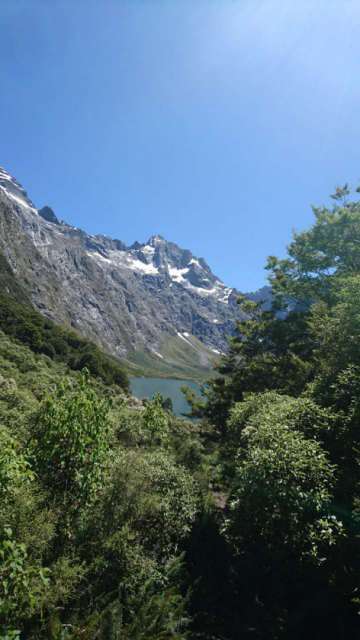
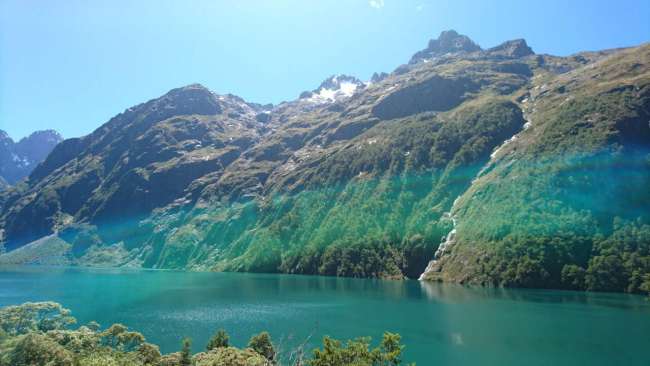
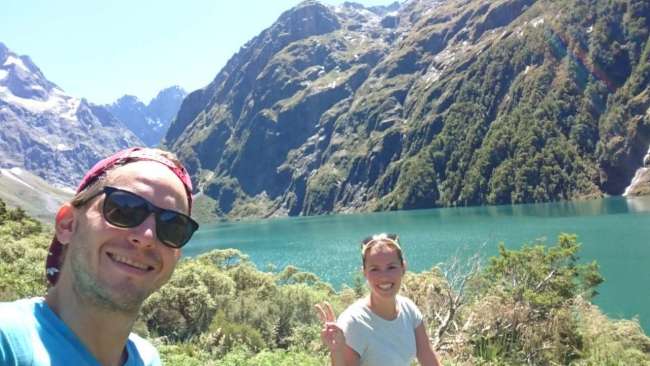
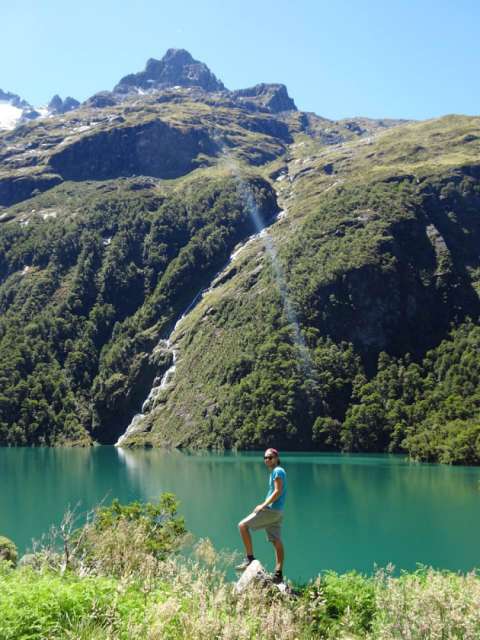
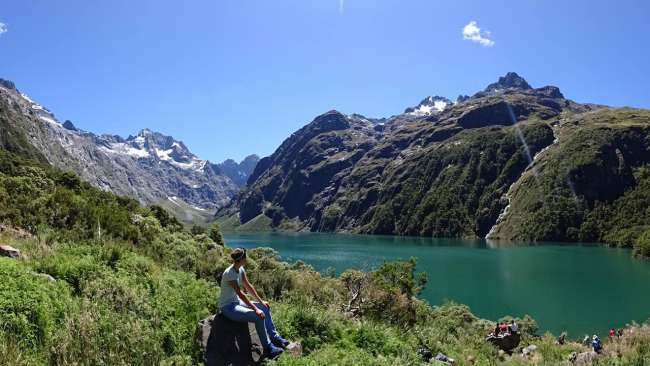
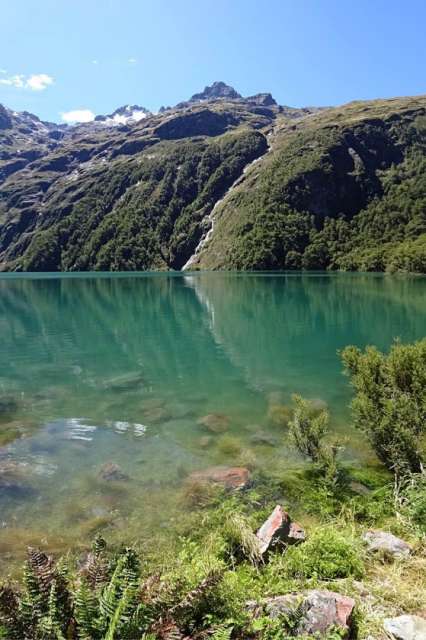
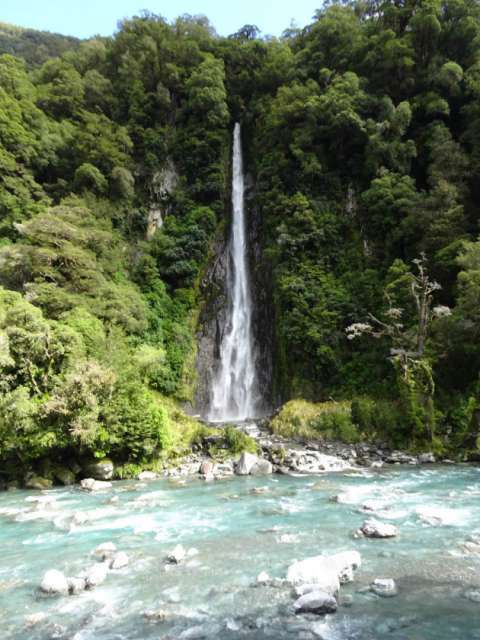
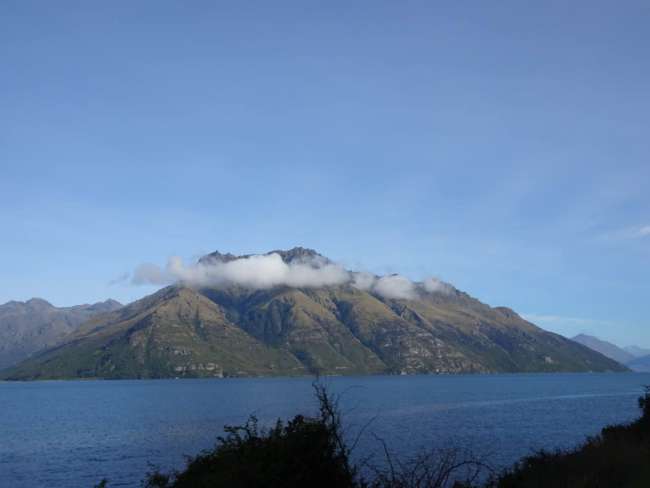
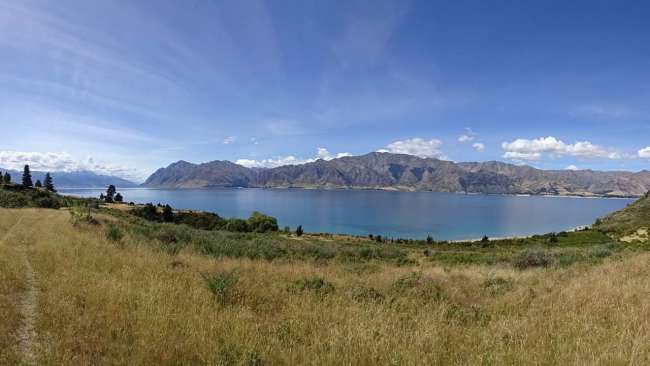
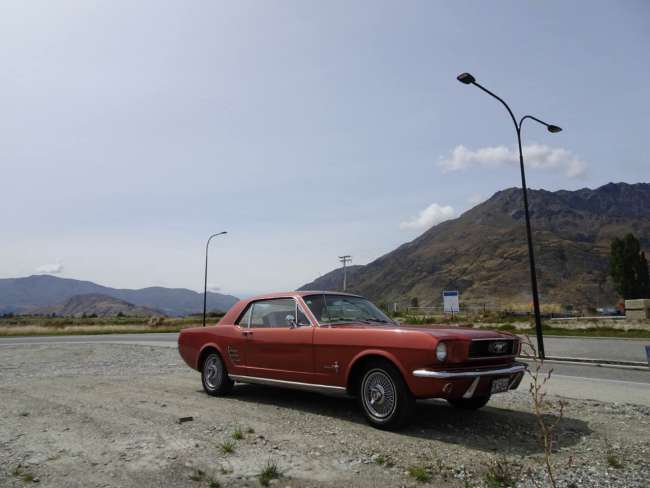
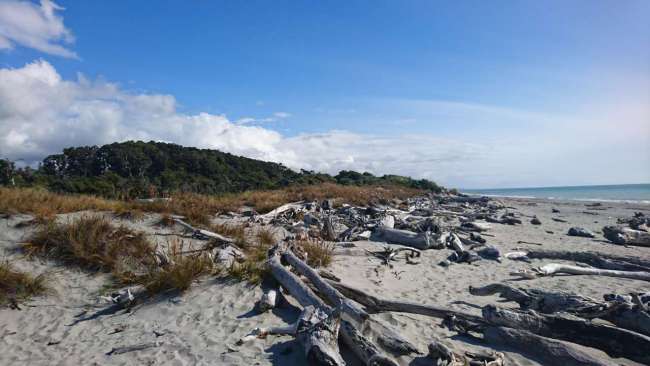
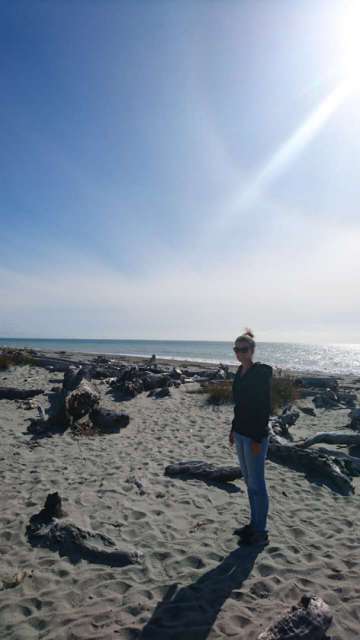
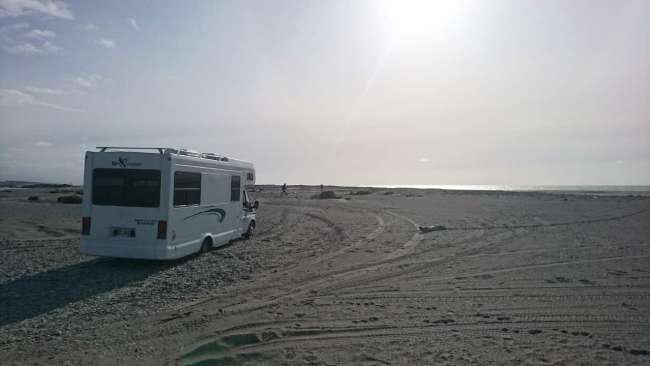
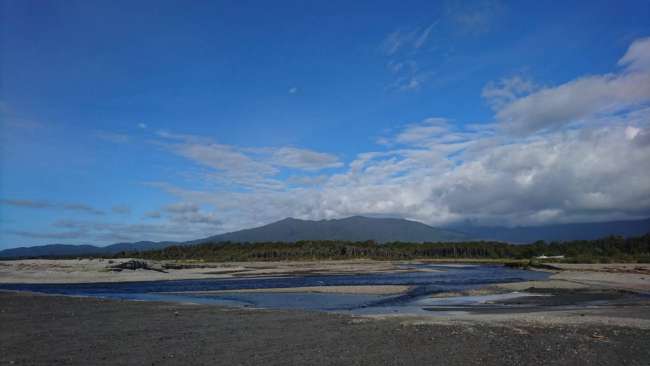
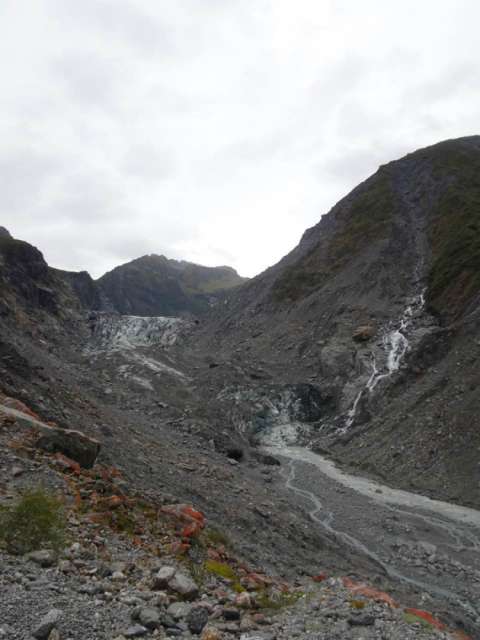
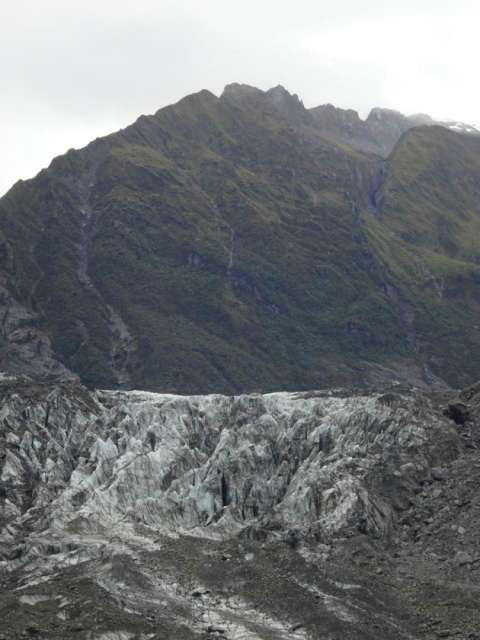
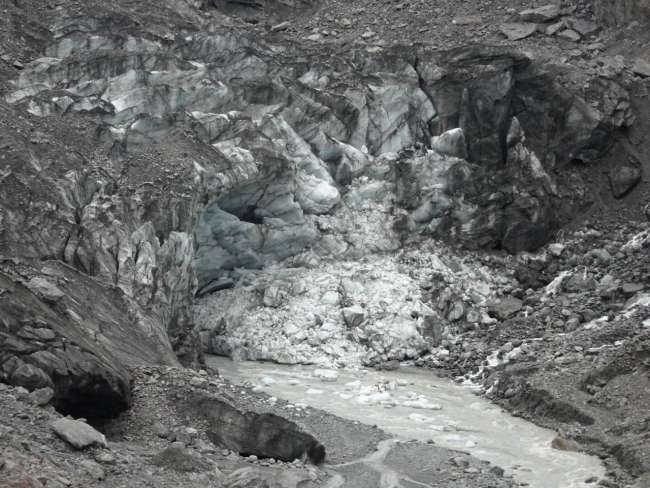
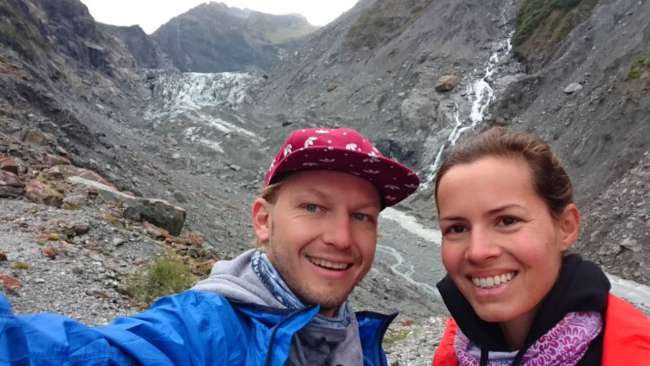
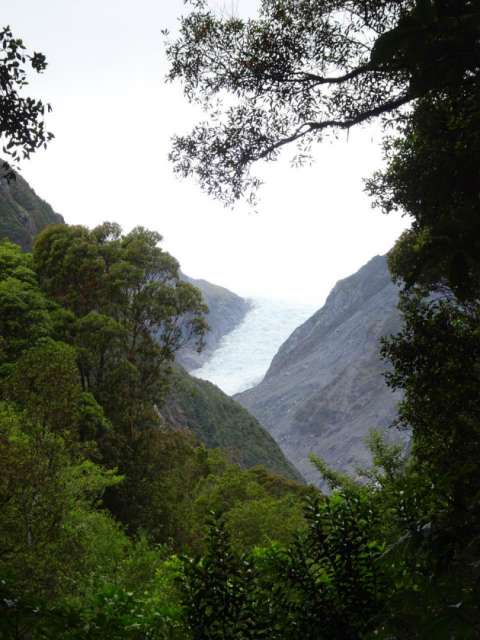
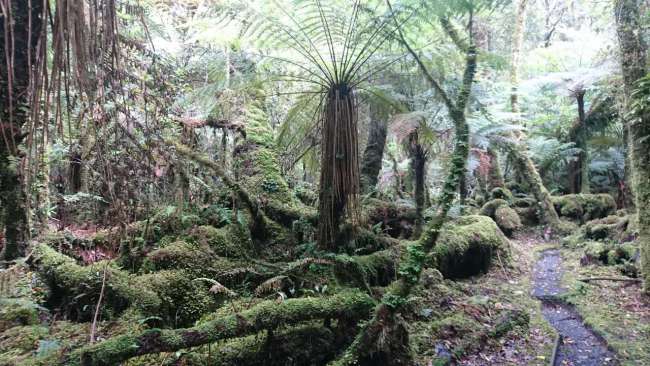
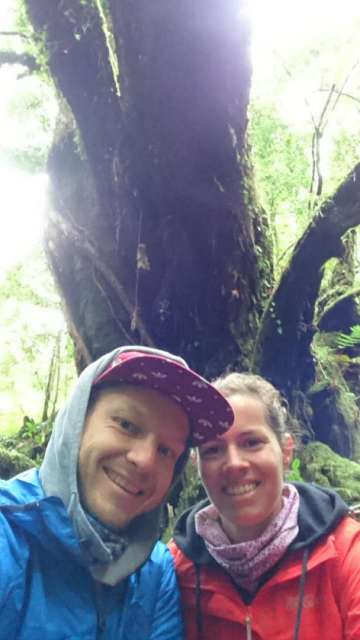
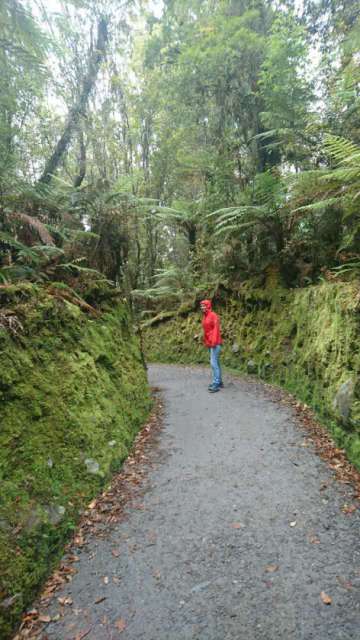
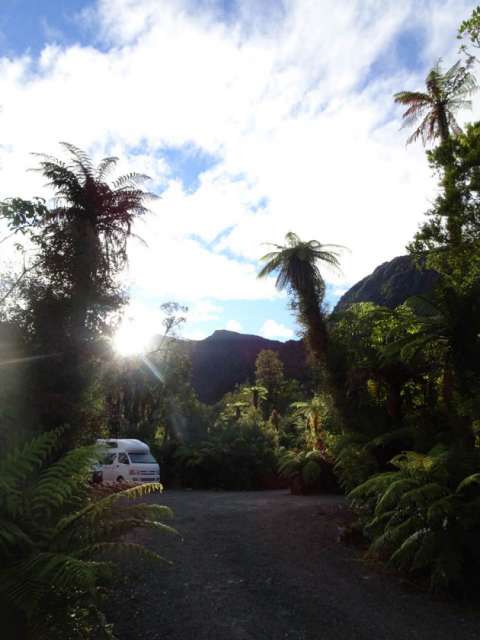
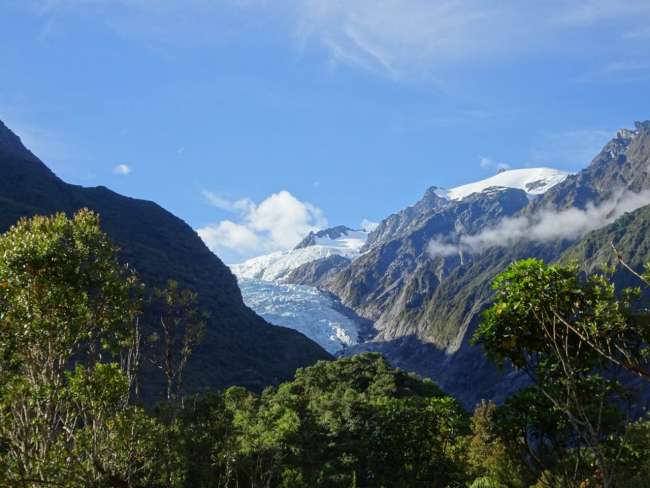
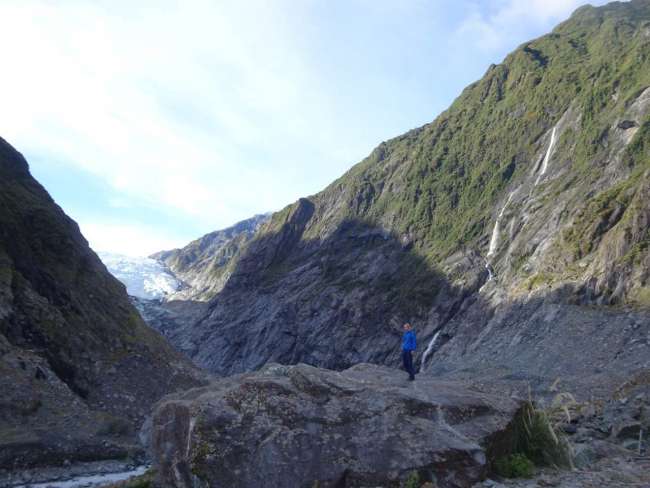
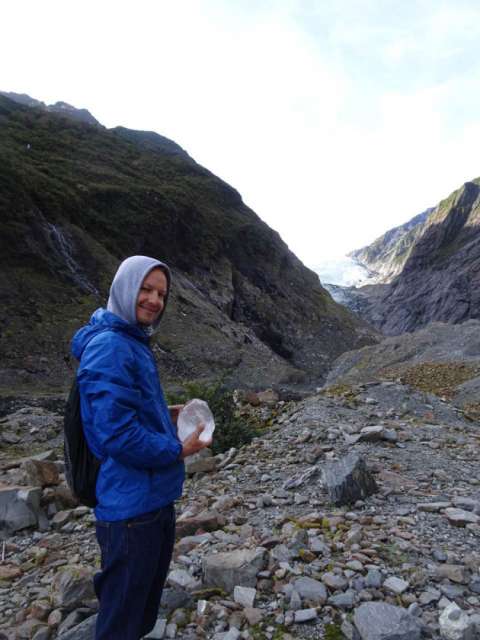
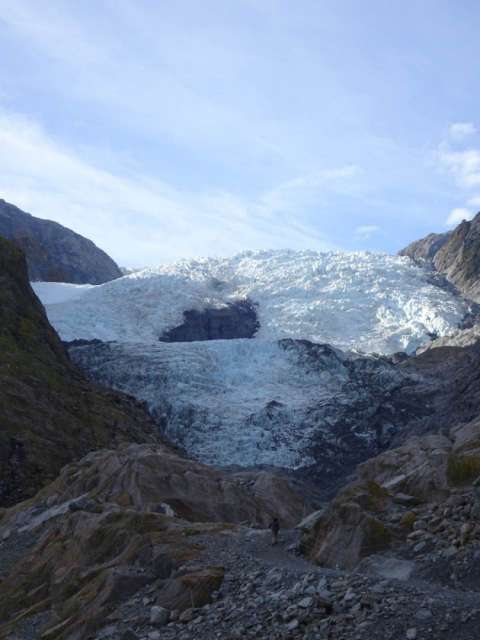
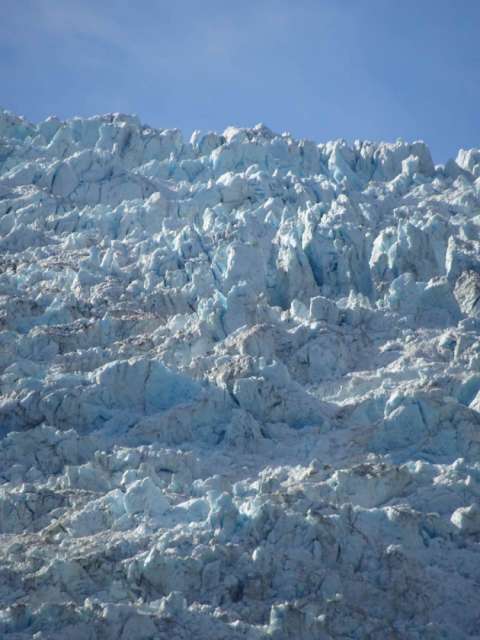
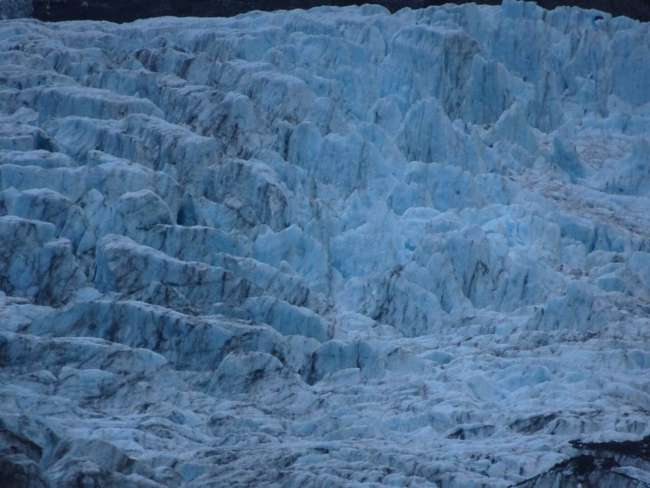
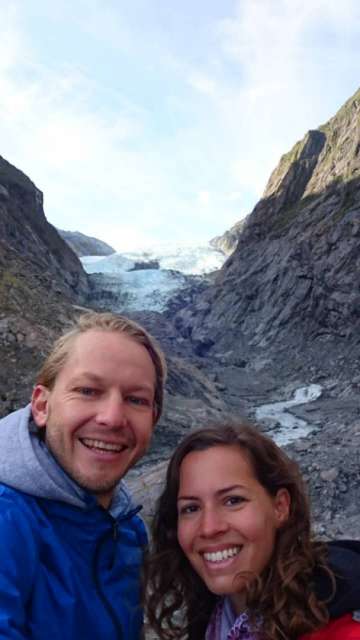
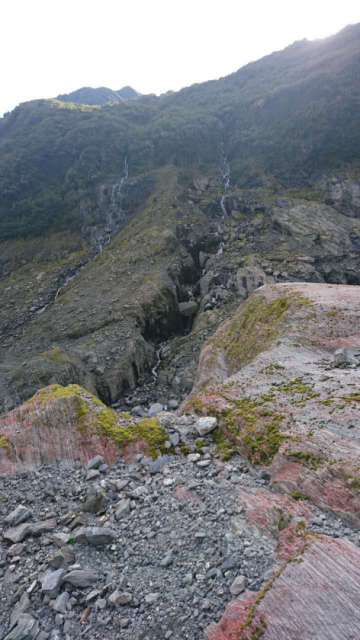
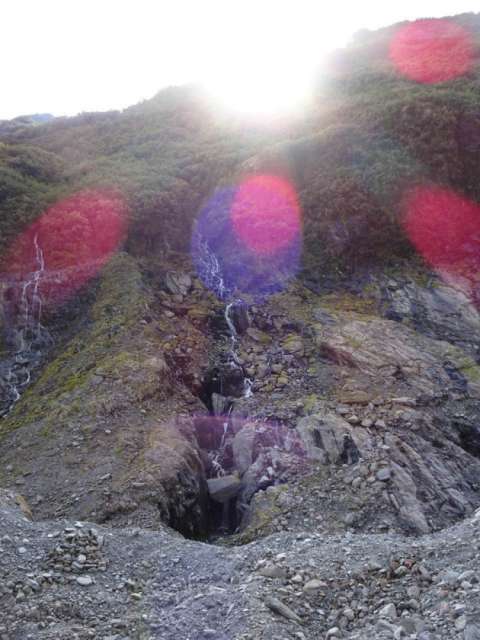
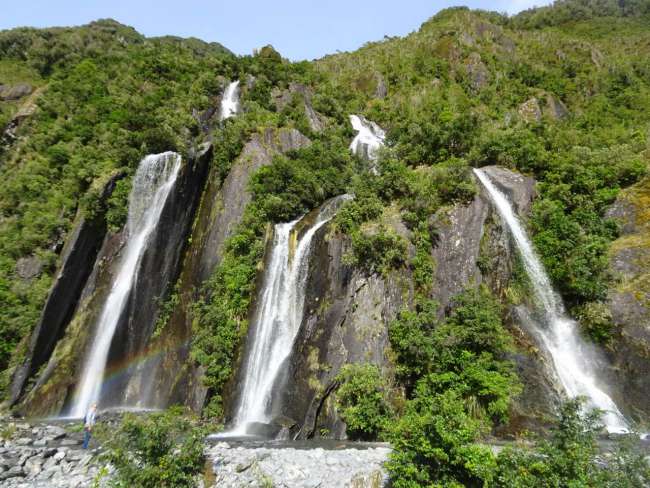
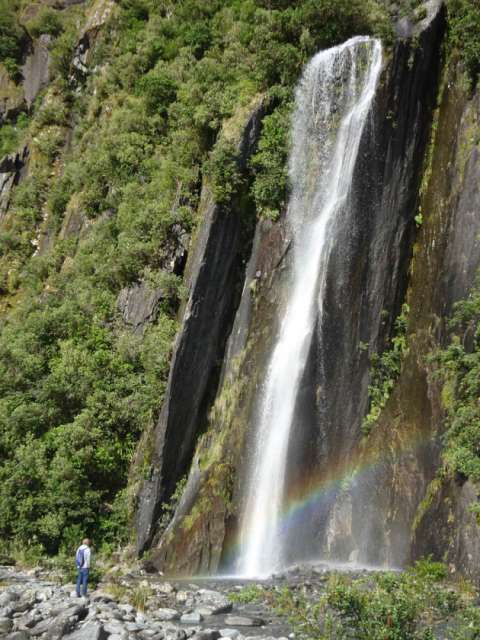
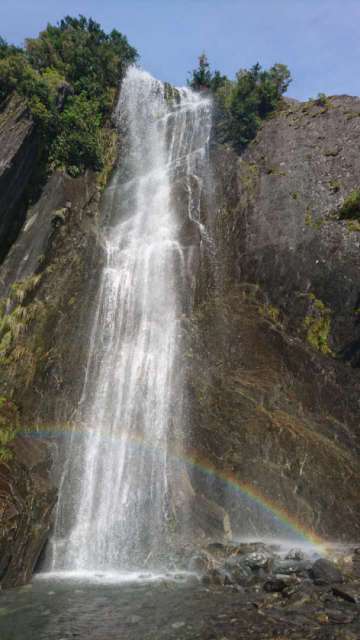
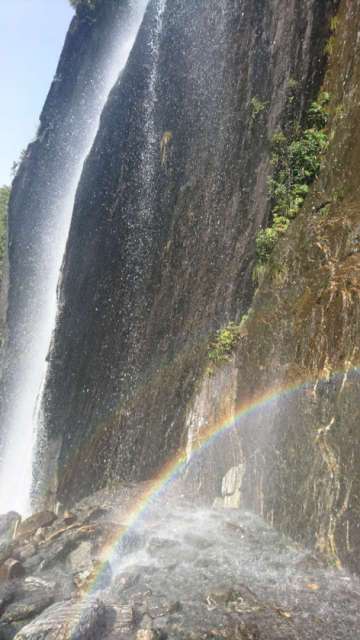
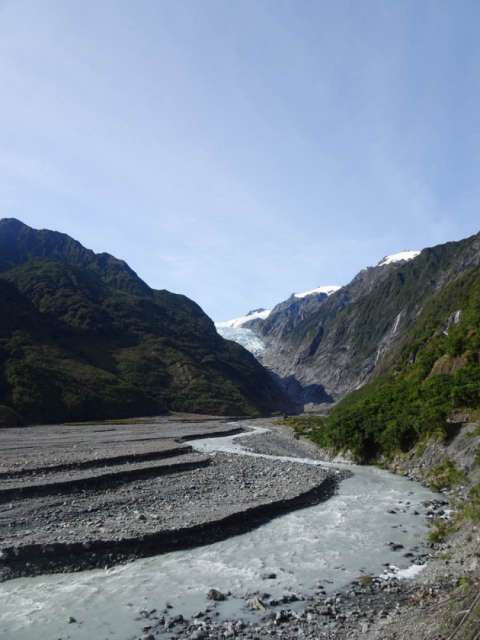
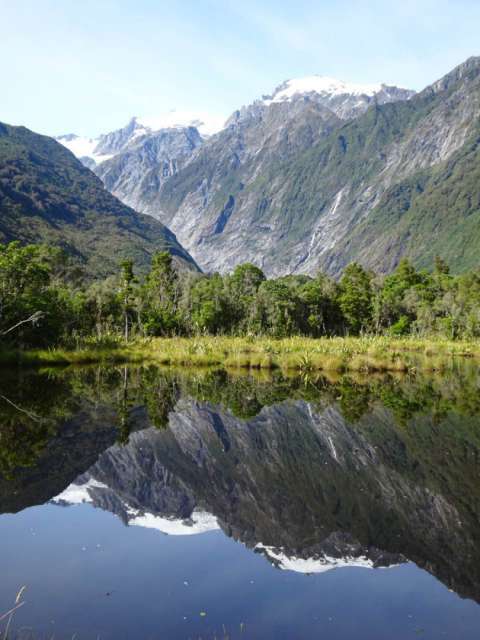
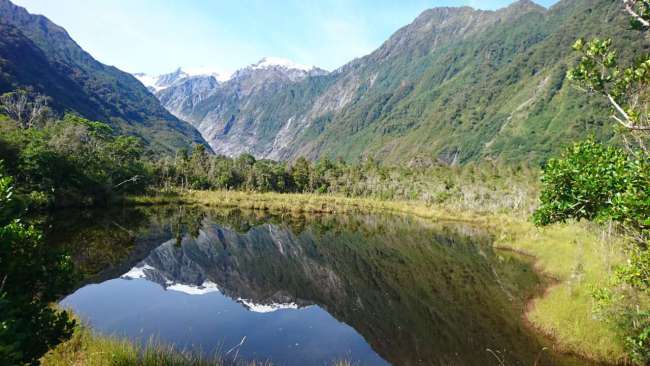

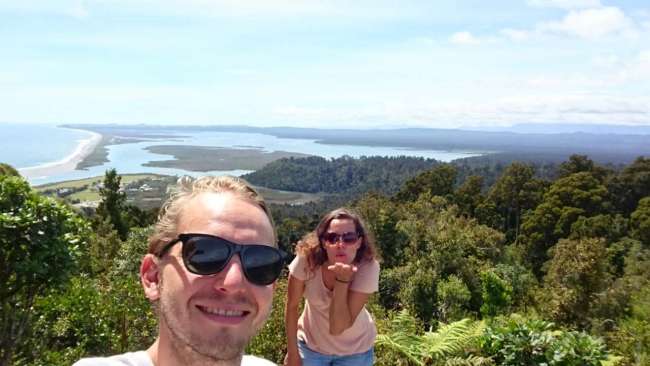
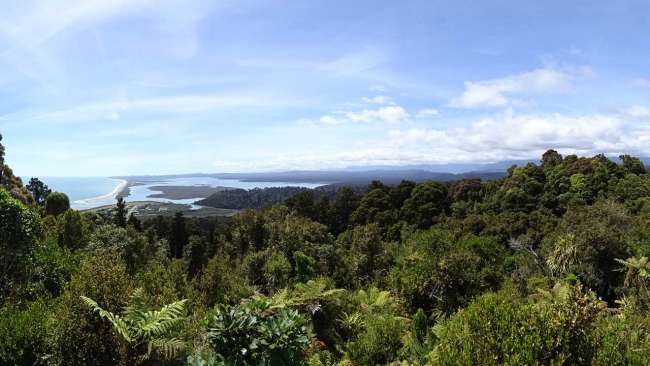
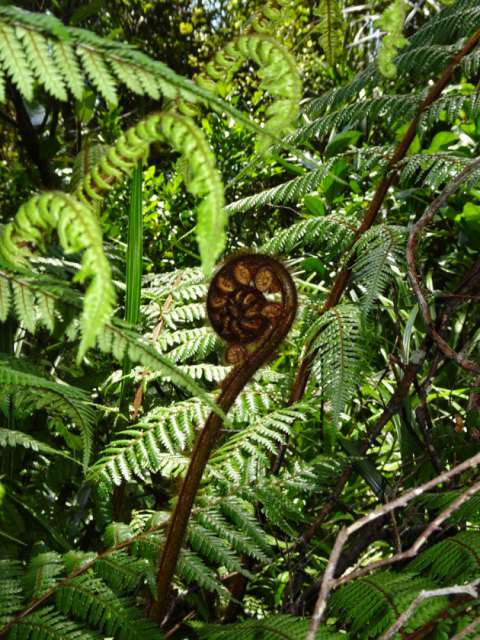
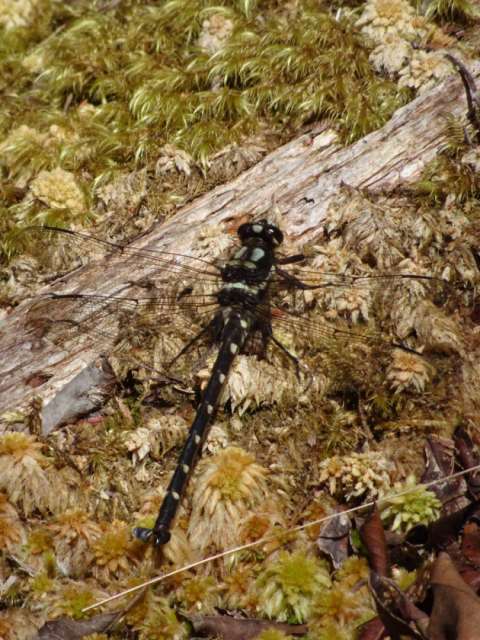
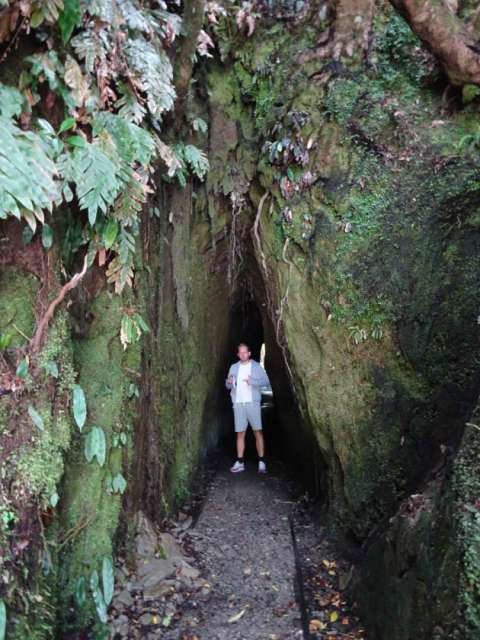
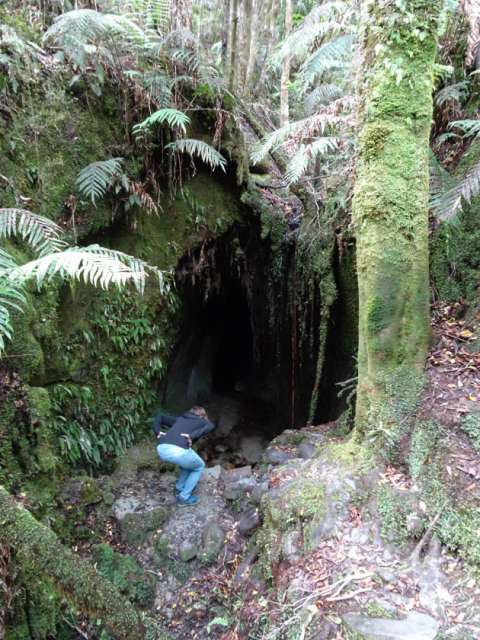
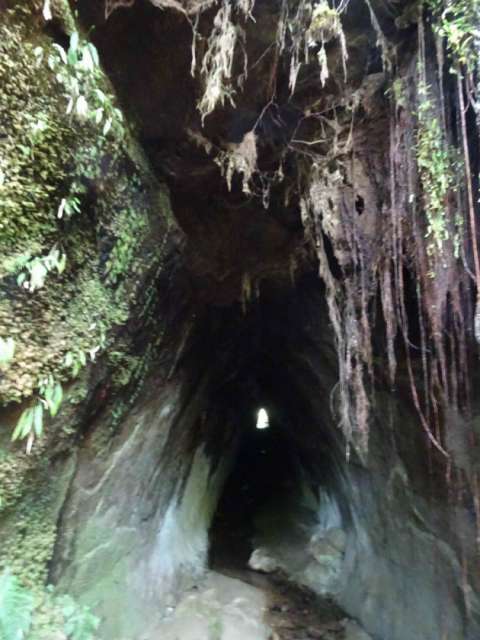
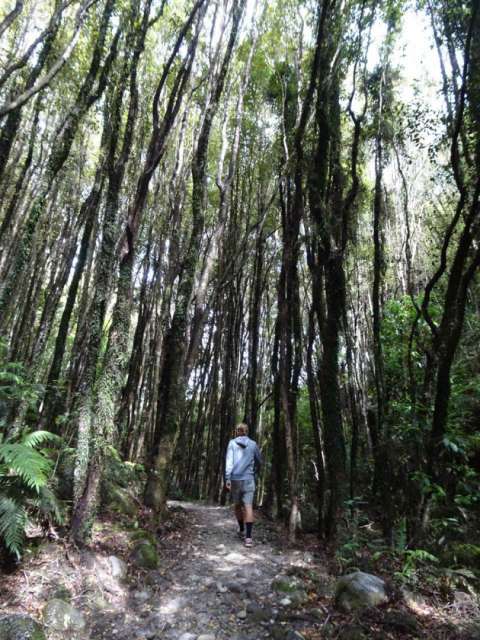
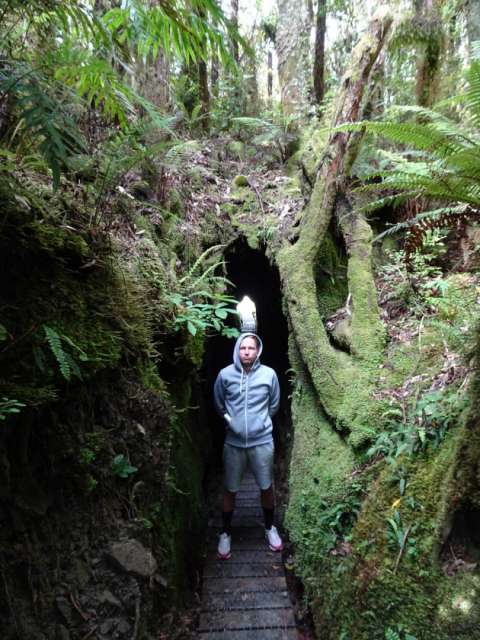
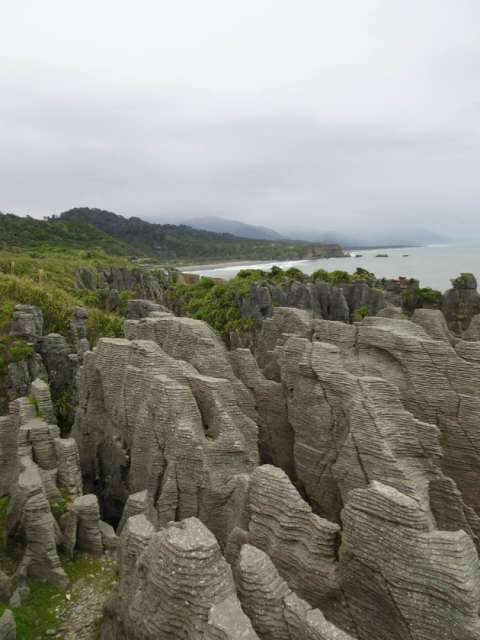
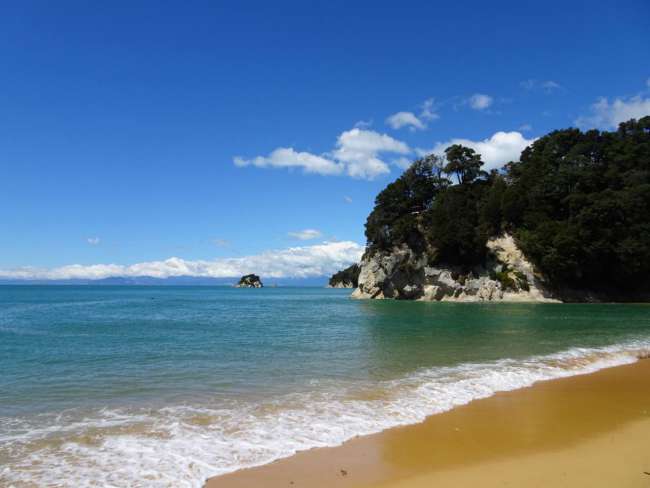
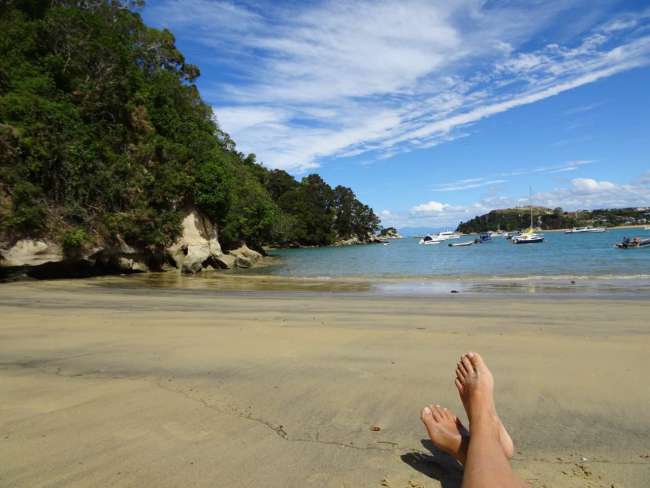
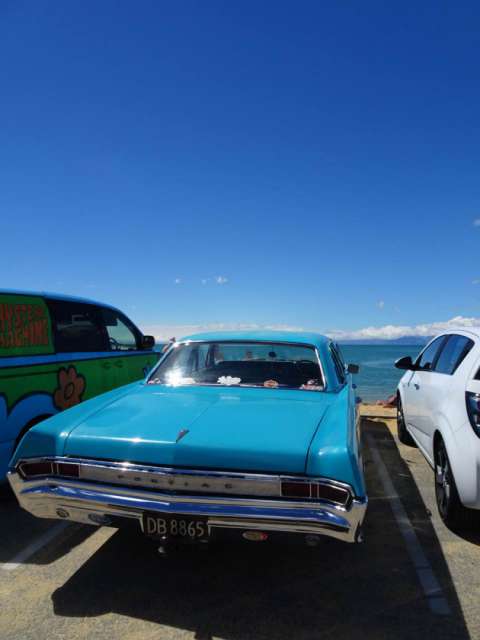
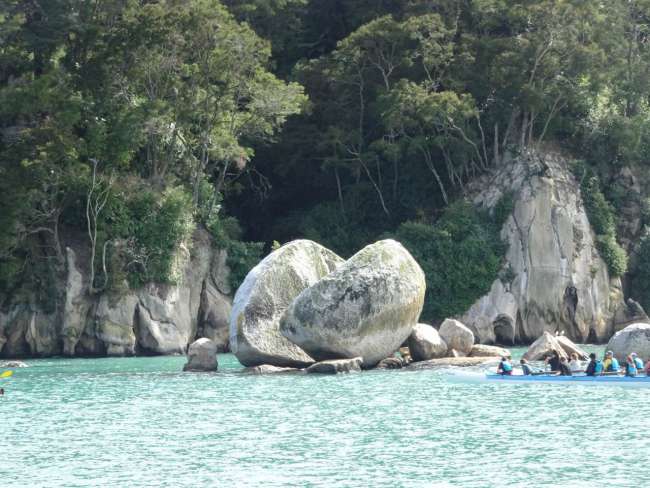
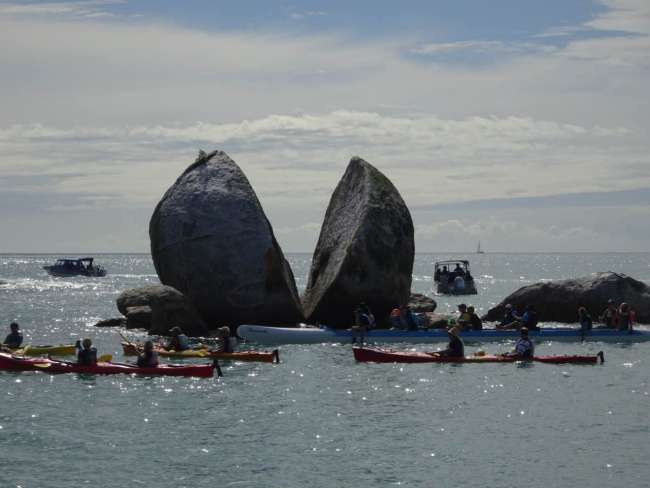
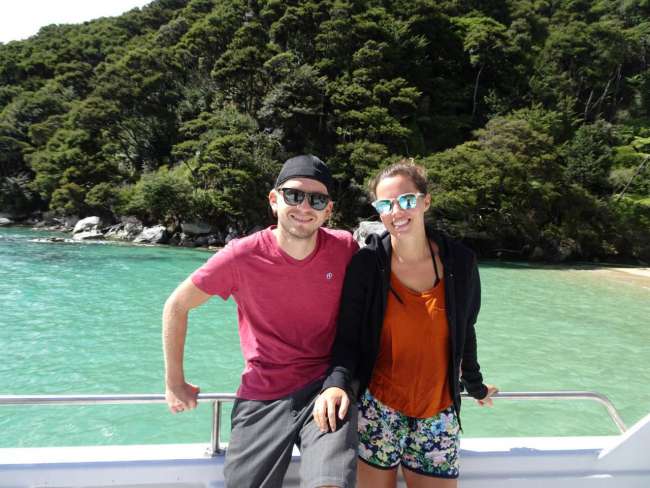
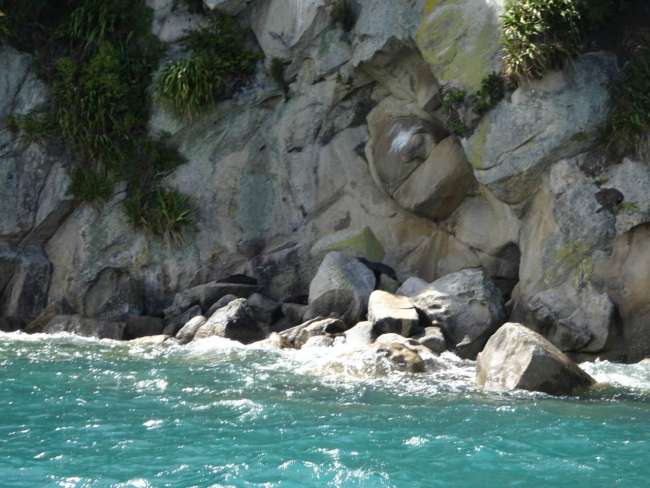
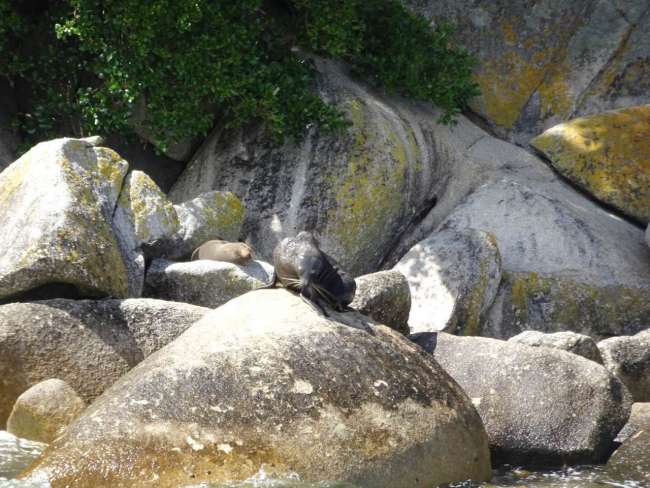
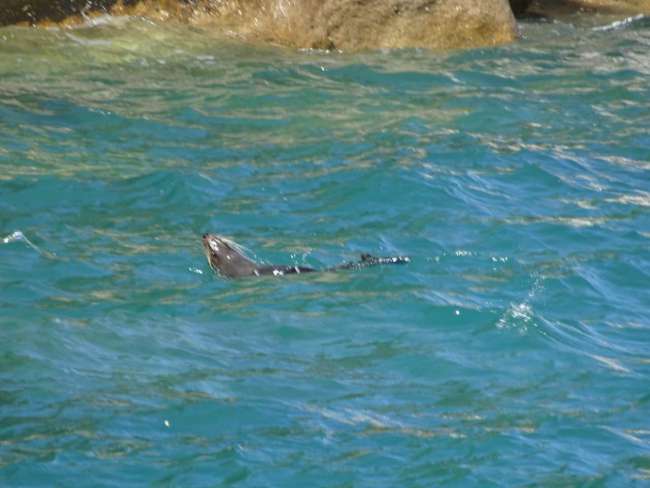
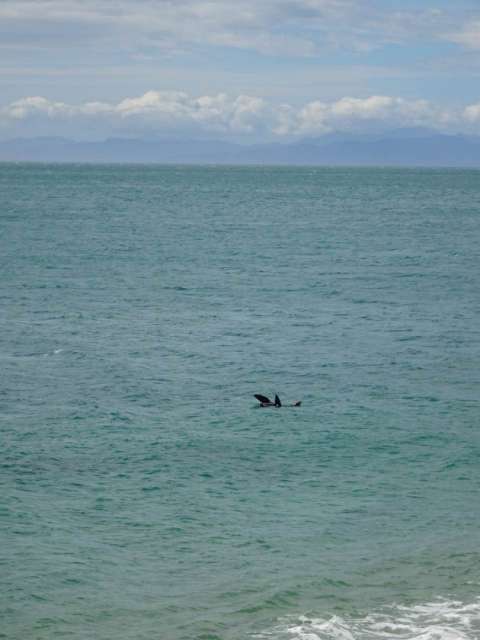
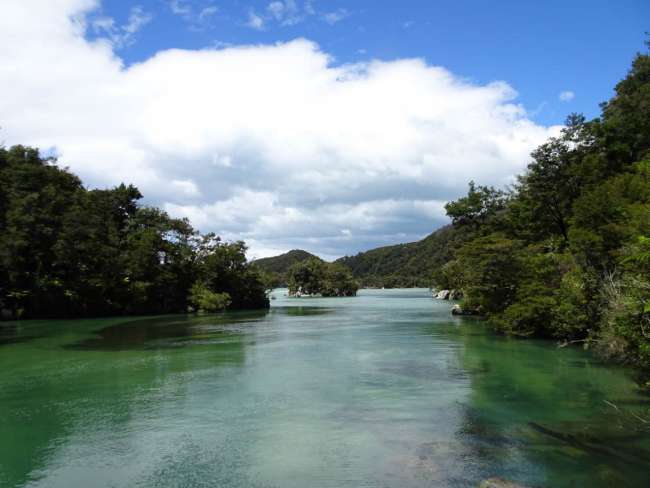
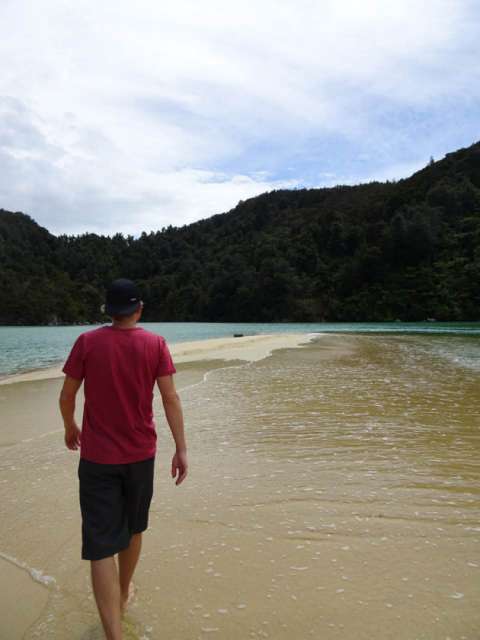
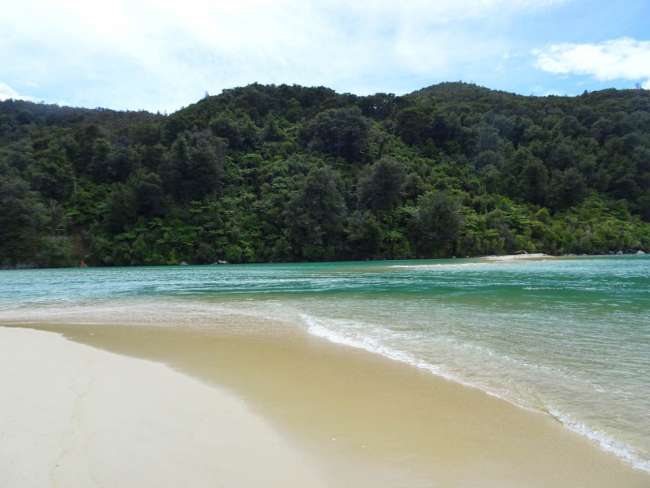
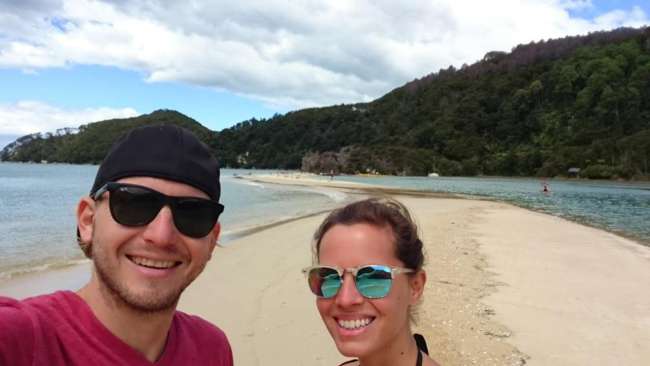
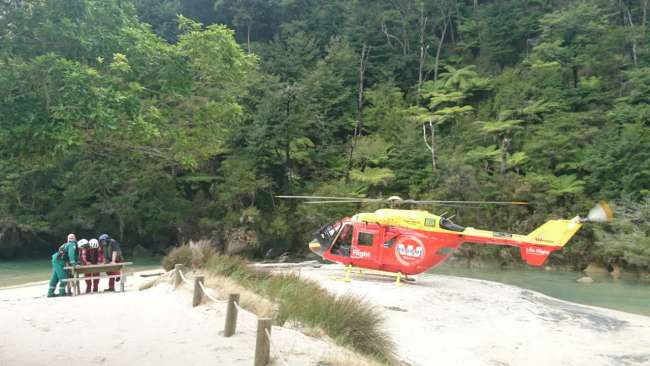
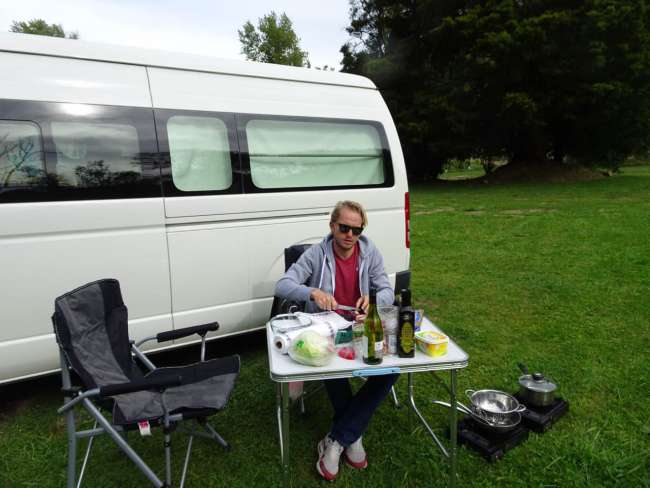
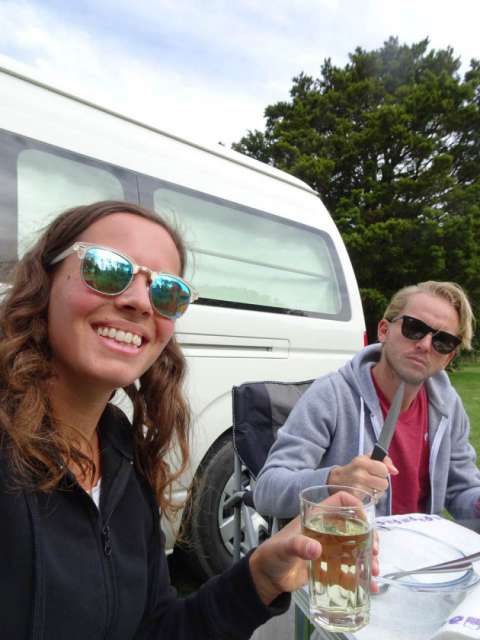
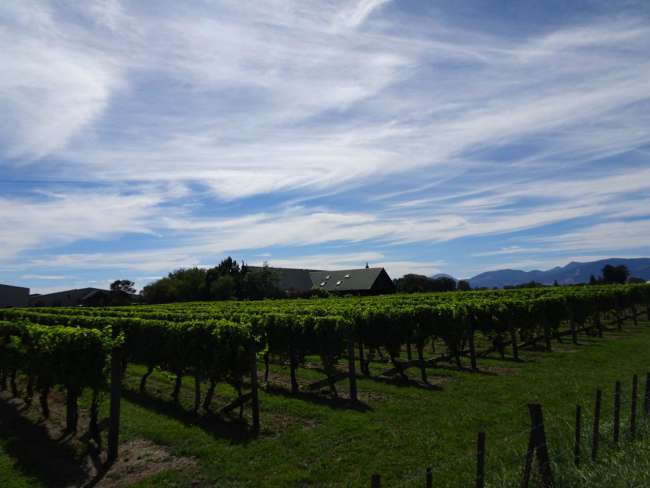
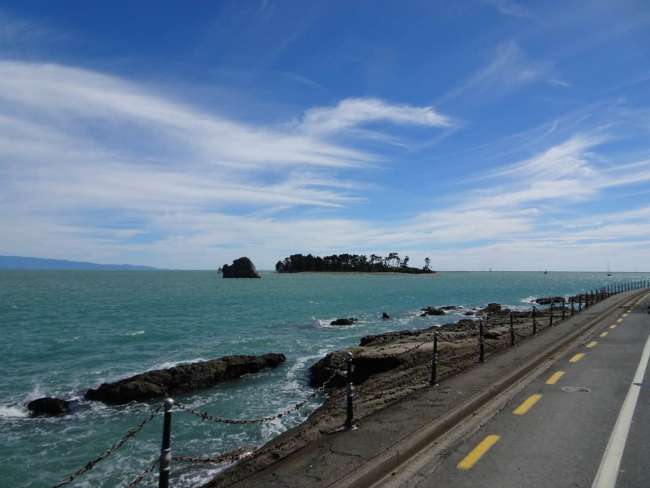
Pretplatite se na Newsletter
Arrival at Christchurch Airport. The security checks, which could vary in length depending on the completed entry form and/or security check by the sniffer dog and scanners, took longer than expected. Rahel had once again attracted attention (as she did when entering Australia) and had to step aside. Her hiking shoes did not meet the desired cleanliness standard, so a young customs officer took her shoes to the back and returned 10 minutes later with gleaming clean shoes. We found it to be excellent service and wondered if they would be so friendly and clean our shoes when we leave?? Probably not....
We took a shuttle to our hostel in Christchurch, which was located on the northern edge of the square city center. It turned out to be a good choice as the beds were comfortable, the wifi was free, and everything was within walking distance (the city center was just under 2km away).
We spent our first days getting used to the significantly colder climate (only 25 degrees during the day and in the sun, but for us it felt more like 15 degrees!! In Cairns, we always had around 35 degrees, even at night it never got colder than 25 degrees), explored the city, went to the cinema, and learned about the history of Christchurch and its surroundings.
Especially about the earthquakes and their consequences, which hit this area at regular intervals. On average every 15-20 years, but in just the last 5 years there have been several, although not always with the same catastrophic impact. In Quake City, a museum dedicated exclusively to earthquakes, we gained a good impression and overview of the events and especially the direct impact on the city. The aftermath of the largest earthquake in recent history (2010) is still evident in the city. Broken houses, churches, whole blocks of streets are still in ruins. But all the cleanup and reconstruction work is also a race against time/nature, because in 2016 the earth shook again. Not as strong as in 2010, but the earth still shook.
From necessity, a virtue was made and so clothing stores, restaurants, etc. are housed in cool containers (whole neighborhoods), as the large malls are still under construction.
All in all, it is very impressive how the people on site deal with the situation, do not let themselves be overcome, and look positively ahead.
Another attraction was the Botanical Garden, located in the middle of the city, which invited us to take a little nap on its lawns, besides the beautiful rose garden and the greenhouse filled with various tropical plants.
On Sunday morning, the time had finally come and we got our campervan (also called Big George). A converted Sprinter with everything you need inside. Bed, table, padded benches, refrigerator, sink, hotplates, table + chairs (and bean bags) for outside, and most importantly, as we would later find out, a down duvet like the ones you know from skiing holidays.
Our first road trip took us from Christchurch via the Tourist Drive to Banks Peninsula and for our overnight accommodation further towards Lake Tekapo.
We got a first impression of the breathtaking and varied nature that we would see in the coming days and weeks.
At Lake Tekapo, we took a leisurely hike to Mount John (3 1/2 hours) and then took a dip in the icy lake. Glacier water can be incredibly cold even if it doesn't look like it!!!
In the evening, we continued towards Queenstown and found a place to sleep near Omarama. We spent the evening drinking beer in the light drizzle with three Frenchmen, a German, an American, an Irishman, and an Estonian. Well, at least we drank leisurely, the others more extensively, but it was definitely a fun evening with many stories.
Olivier (one of the French guys), for example. He has been traveling for almost 3 years now (starting with hitchhiking through the Balkan countries, then Asia and Australia) and has already experienced and seen a lot, so he had a lot to tell. But also Xander and Jacob (American and German), who have been cycling through Australia and New Zealand for over a year, had some good stories to share.
We overslept a bit the next morning, which was not a problem as we had just planned to drive, as the weather still didn't offer much. So we made our way from Queenstown to Te Anau to spend the night by a cozy river in the middle of the mountains.
However, the night was not as cozy as we had hoped, because it got really cold! The thermometer showed 4 degrees in the morning at half past seven, who knows how cold it actually was at night???
Fortunately, we had our warm duvet, which saved us from worse, so we only had a chilly van and a cold face.
We drove directly to Milford Sound so that our car and ourselves would warm up, and had a leisurely breakfast there before visiting the famous bay... on foot, as we found the boat tours to be a bit overpriced. Instead, we preferred to take a hike to Lake Marian, and it was not a hike in the classic sense, but rather a kind of treasure hunt. We followed a few sparsely placed marking flags and hopped over rocks and stones for 3 hours, wondering from time to time if this was actually the right way. Definitely not for everyone, but a lot of fun and a fantastic reward at the end. A large lake in the middle of the mountains, with only a few other hikers (maybe 10-15 people) and nothing else around. Pure nature and for once, even the sun made an appearance :-).
For the evening, we had chosen (or at least, we thought so) a cozy campsite behind some dunes right by the sea.
To our great amusement, a few English people tried to park their caravan directly on the beach (instead of like everyone else on the grass behind the dunes), which of course ended with them getting stuck after 4 meters.
Pushing, placing stones/sticks under the wheels, etc. didn't help, the caravan was simply too heavy. And so, reluctantly, we left them to their fate, because only someone with motor power could help them get out.
But not only the English people struggled a bit, we weren't any better. There were several sandflies buzzing around us, but it didn't initially deter us from cooking. However, only for a short time, because from about 20-30 sandflies (whose bites, by the way, are really annoying and swell up) quickly became a few hundred, which not only forced us to abandon our cooking action (which was bad enough), but also began a race against time, as the pests also made themselves at home in our camper! After we had put away our cooking equipment, table, and chairs, and fought our way back into our camper, the battle of Fritzlis against sandflies began. There were easily 30 of the creatures on each of our windows, waiting to be crushed by us with a tissue (or just with our hands)! At the beginning, we showed some restraint, but at a certain point (and after numerous bites) it was all about extermination!! Rahel demonstrated some serious killing skills, and so each of us dispatched 100 of the creatures within about 30 minutes. At first, it seemed like there was no end in sight, but slowly the windows cleared and we were able to enjoy a semi-relaxed drink or two and go to sleep. Although before going to sleep, we noticed that suddenly there were a lot of mosquitoes buzzing around our van and occasionally even inside. Well, that's just what happens when you sleep in nature we thought, and went to bed. When we woke up the next morning and opened our curtains, we immediately noticed, starting with the first curtain, that we had another plague in the camper!!! Instead of sandflies, mosquitoes had gotten into the van overnight (probably through the ventilation). So, not even 5 minutes after waking up, it was Battle 2 Fritzlis against Mosquitoes! This, too, resulted in a clear victory for us, and it was a nasty massacre as well. However, when we crushed them, we noticed that not many of the creatures had been able to bite us, as hardly any of them were full of blood. So, a clear victory for us, even if it didn't necessarily improve the mood in the morning ;-)
Our next destination was the glaciers (Fox and Franz Josef Glacier), around which there are various hiking trails. Probably you could easily hike here alone (including guided tours) for 7-10 days without getting bored, but we had put together our own program.
Our hikes at Fox Glacier were limited (by local standards) because most of the free hiking trails (without tour guides) were unfortunately closed at the time. So we hiked directly to the front of the glacier on the main tourist path, took a detour to the "Warm Springs," and hiked the "Morraine Track" right through the jungle and to Lake Matheson.
The view of Franz Josef Glacier is significantly better than Fox Glacier, so we did a little more hiking here.
We started here as well on the main tourist path, heading directly to the glacier, but here you had a much better view of the glacier and especially could see the different shades of color (the bright blue in some places) much more clearly.
Near the glacier, there is also Peter's Pool, a small glacier pool known for perfectly reflecting the surrounding mountains (see pictures).
From Canavan's Knob Walk, you could even see the glacier and the sea, at least if the weather permits, which unfortunately it didn't for us...
But luckily, there was still the Okarito Walk. It was a bit further away from the glacier, but by the time we got there, the weather had once again improved, and we had a perfect 360-degree view of the sea, lagoon, mountains (a bit of glacier), and forest.
We couldn't have wished for a better ending to our glacier hikes.
On our way to Abel Tasman National Park, we also stopped at Pancake Rocks. A rock formation that looks like stacked pancakes, only they are huge mountains and not small plates. A nice little detour on the way north.
Abel Tasman finally greeted us with sunshine again, so we could spend another day at the beach doing nothing. For our second day, we had booked a boat trip including a hike. Our boat passed by Split Apple, sailed through a few bays, and stopped at an island with lots of seals. Then it stopped in the middle of the national park. From there, we hiked back to another bay for almost 2 hours, where another boat was supposed to pick us up and take us back to land. We spent a total of about 4 hours on land, which we spent hiking and visiting camps, bays, etc.
We arrived at the designated pickup spot well ahead of time, which was fine because it was a small and beautiful bay (we already knew that in advance, as we had briefly stopped here on the way there), which invited us to relax.
However, we didn't really get to relax, because shortly after our arrival, it became loud above our heads, a rescue helicopter arrived and wanted to land exactly where we were lying! Initially, only one man was rappelled down, and the helicopter flew away again. After the man on the ground had spoken to two hikers, the helicopter returned, prepared for a mission higher up in the mountains (winch, stretcher, etc. were checked), and then disappeared again. Again, with a lot of noise, and above all, it blew a hell of a lot of sand around with astonishing speed.
We didn't know exactly what had happened at first, only two days later did Rahel read on the internet that a hiker named Freda had collapsed with cramps, and two men came to her aid. They had called the helicopter and guided them to the accident site, but there was no sign of Freda anymore. According to the article, the cramps had stopped and she simply continued hiking. In any case, a good outcome for Freda, and we inadvertently had the pleasure of seeing such a helicopter including the crew in action.
Our last trip on the South Island took us from Nelson to Anakiwa Bay. There we could relax a little, swim in the cold seawater, and plan our route for the North Island a little more precisely before heading out from Picton to Wellington the next day.
Pretplatite se na Newsletter
Odgovor

